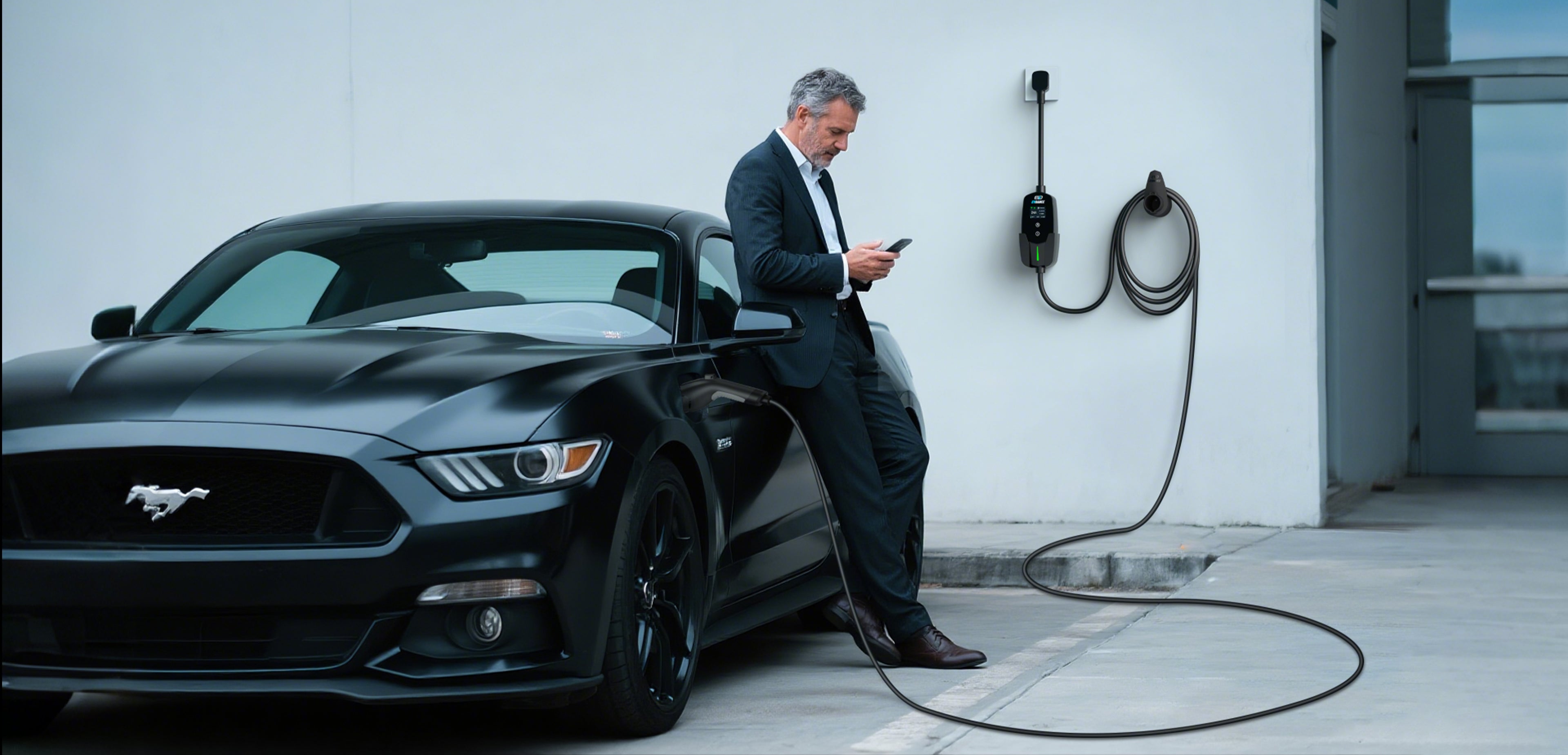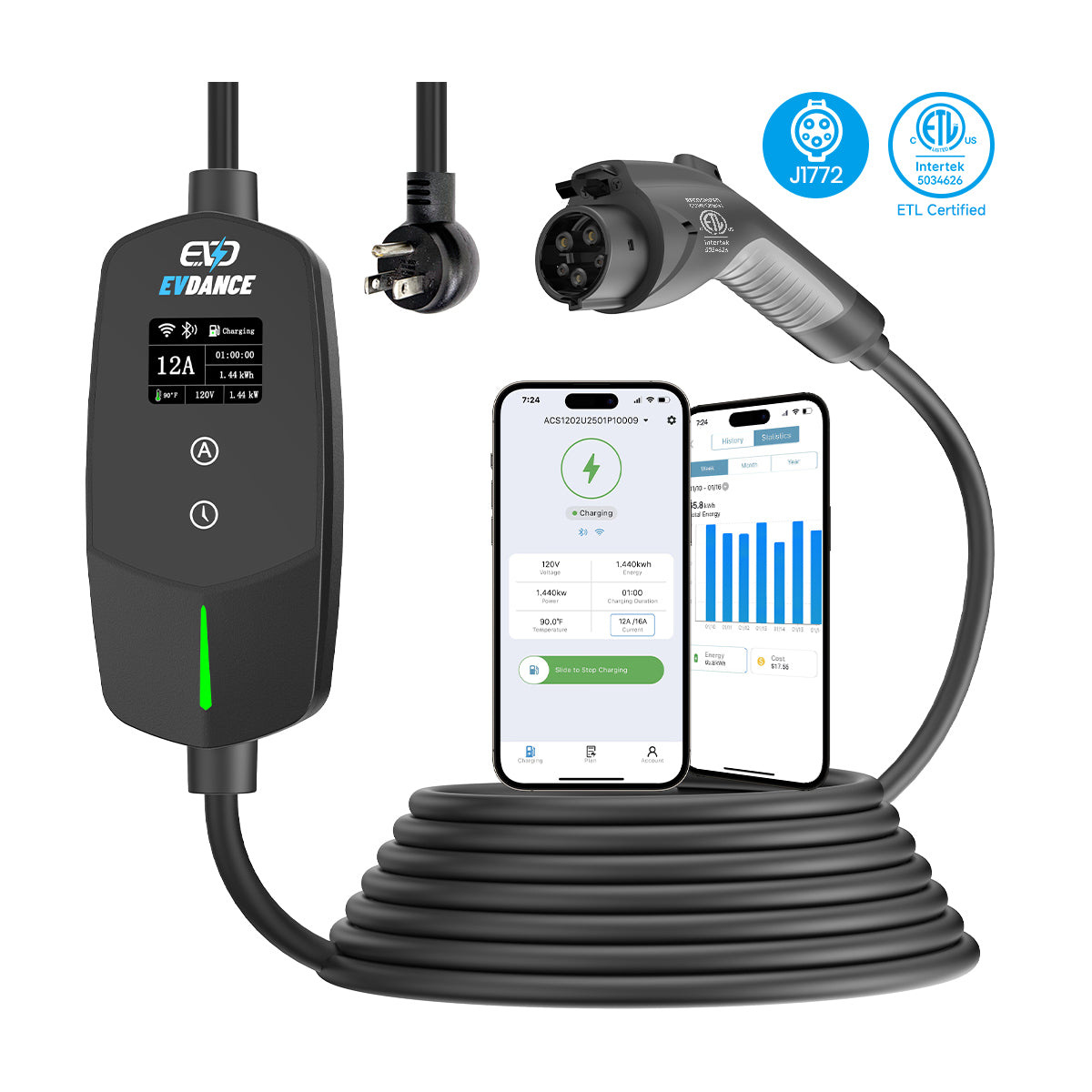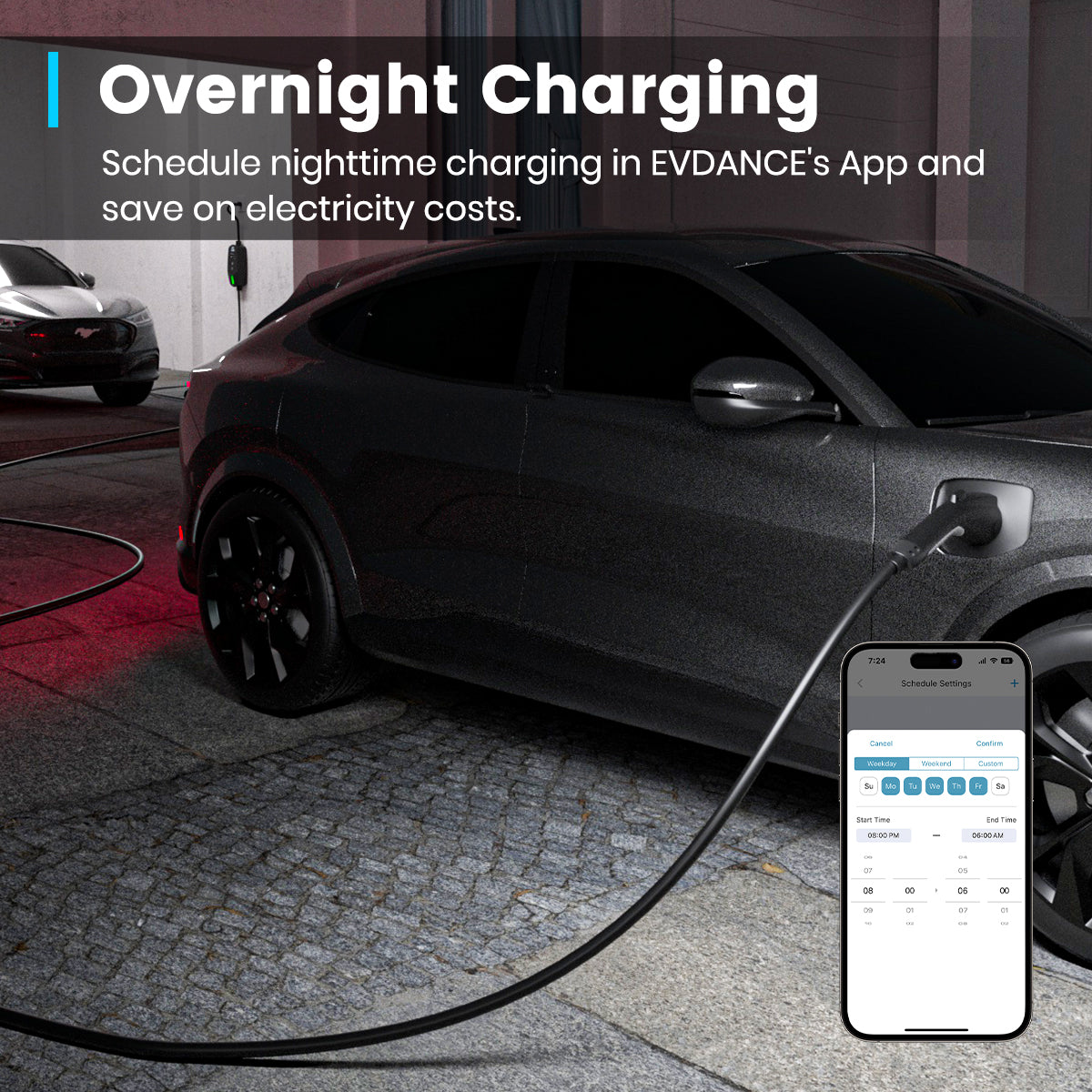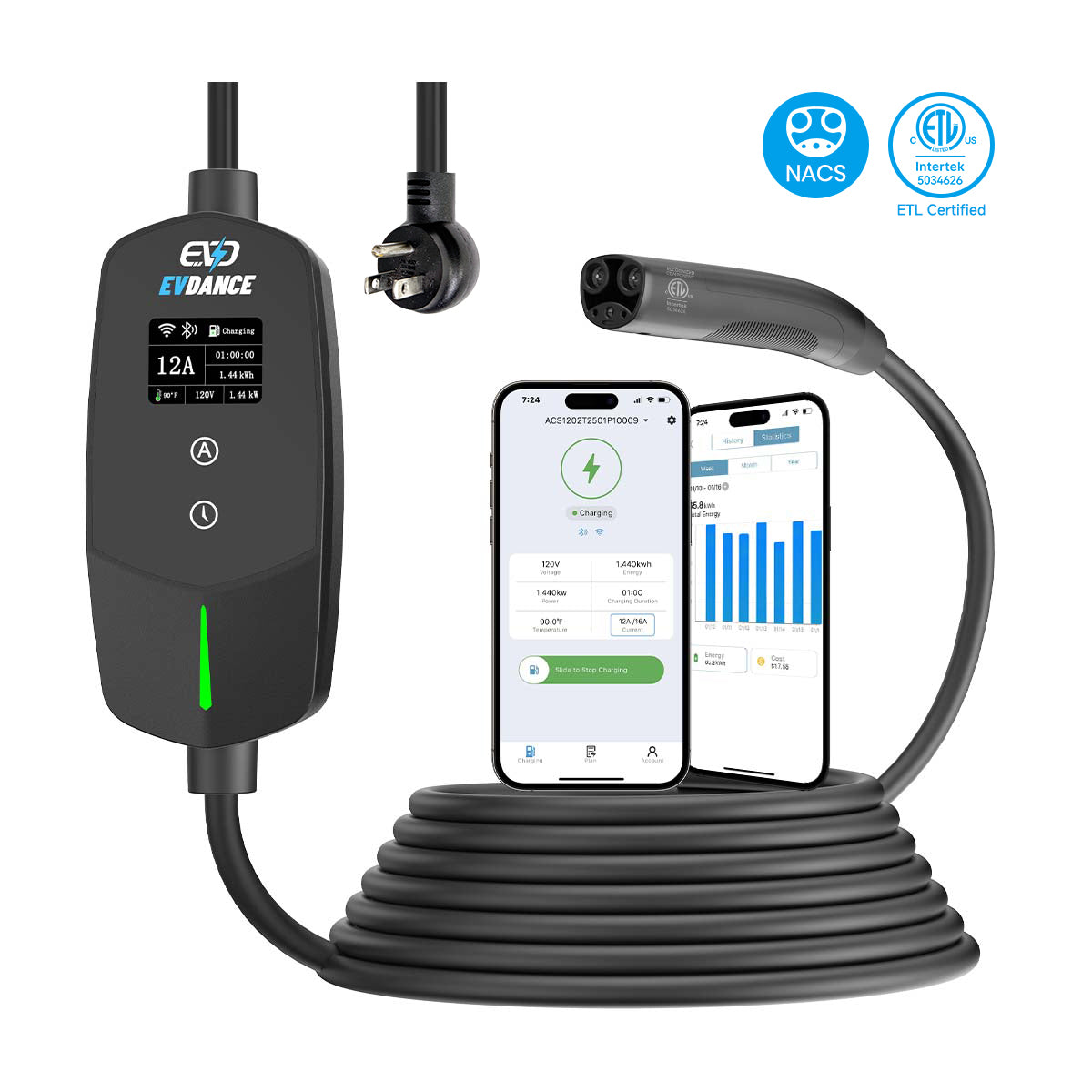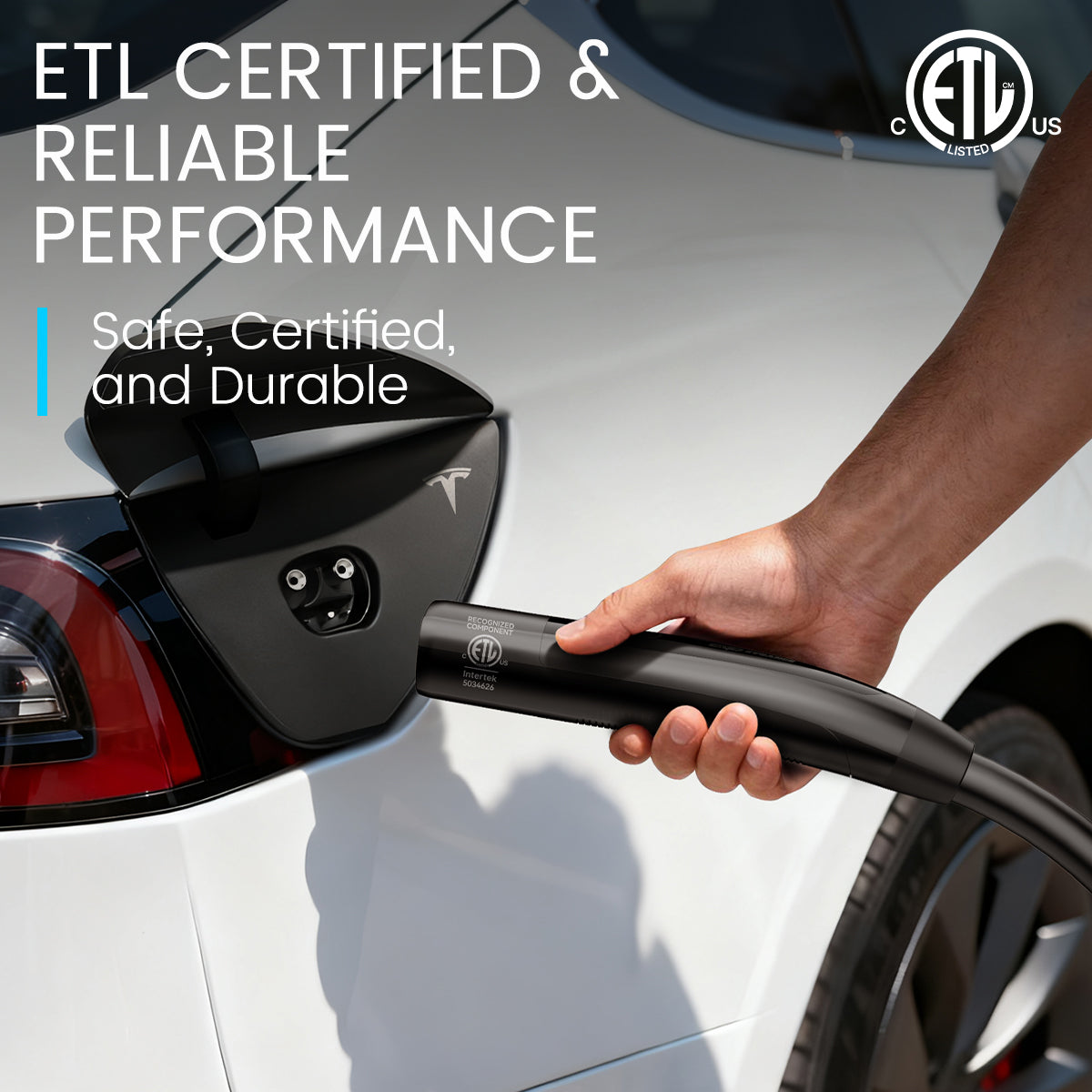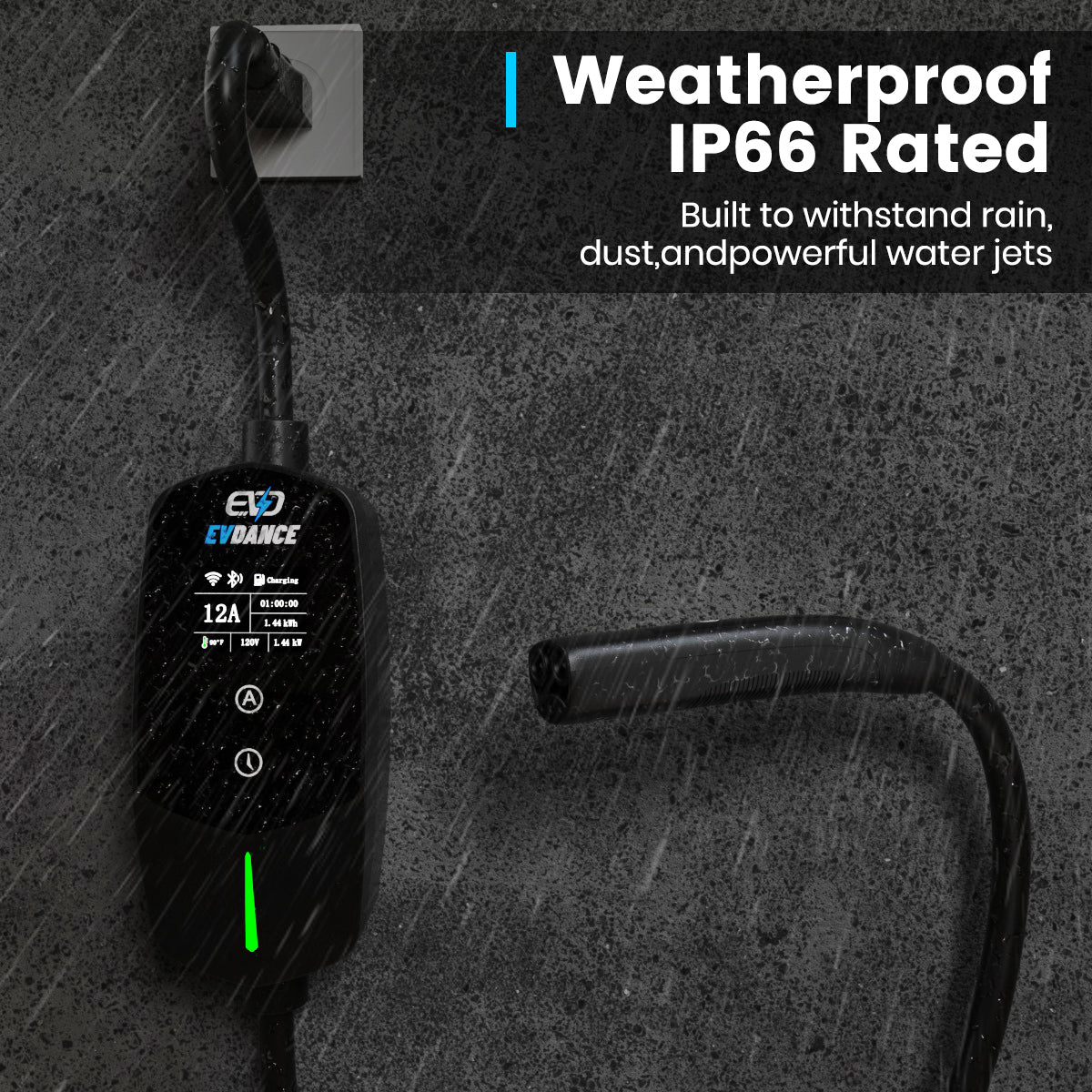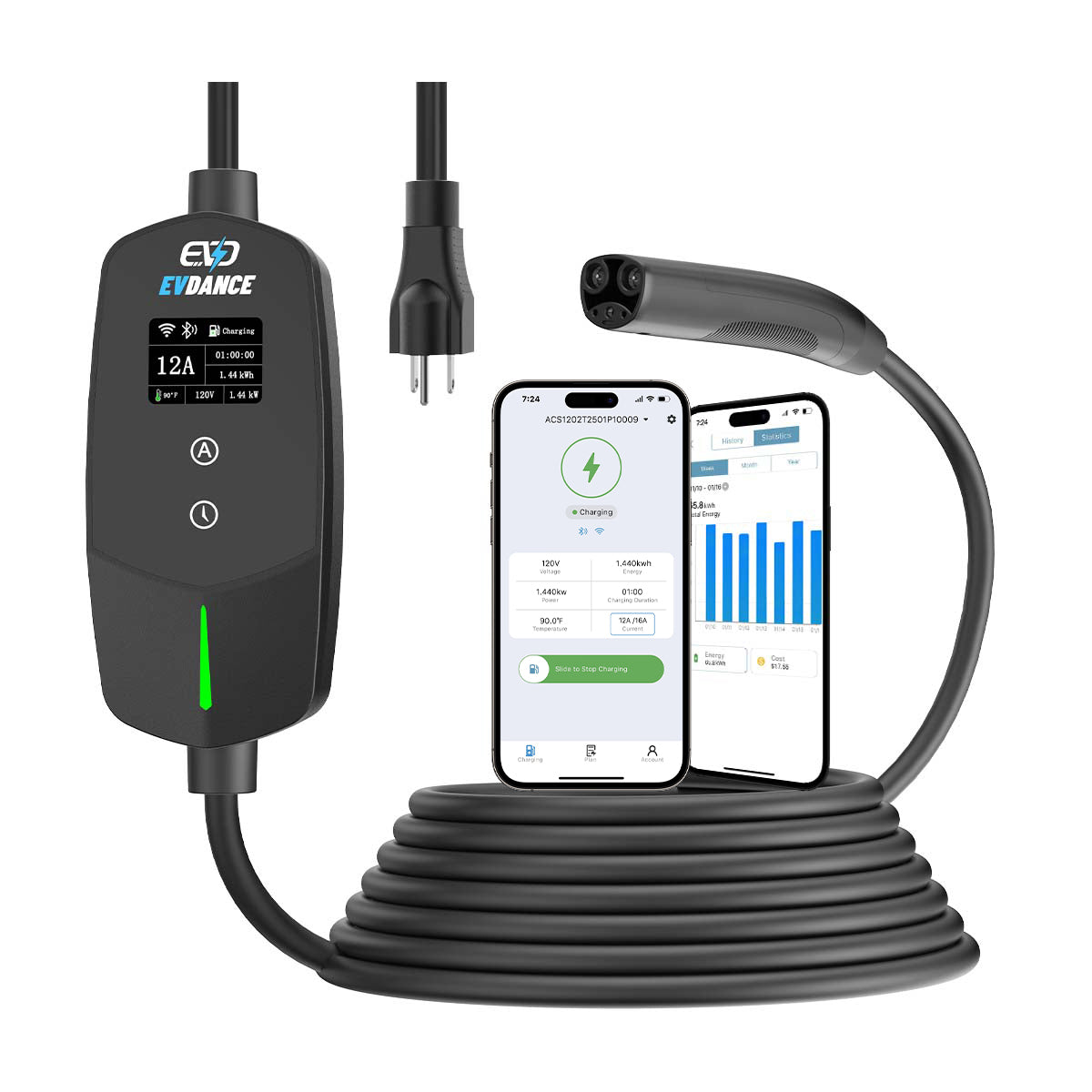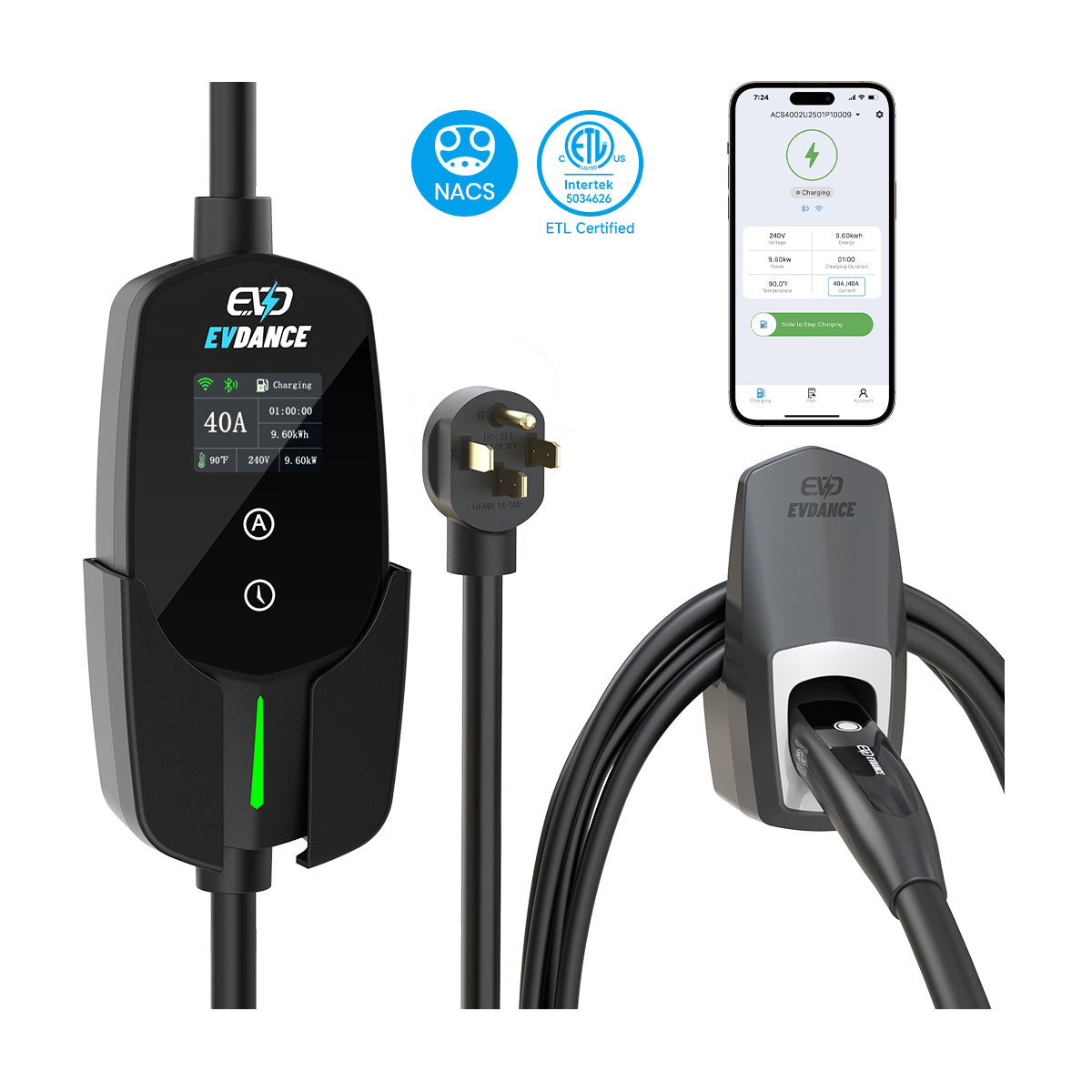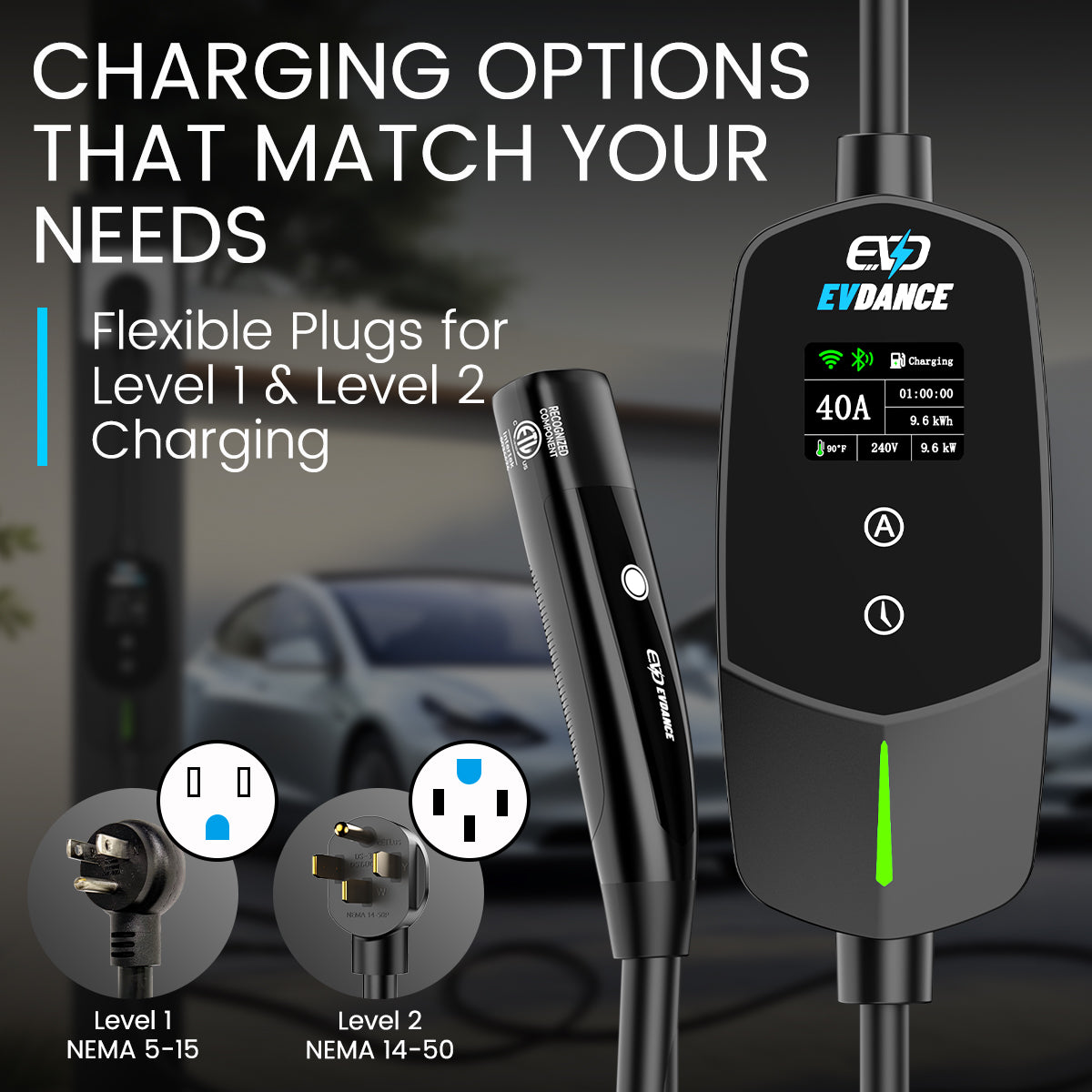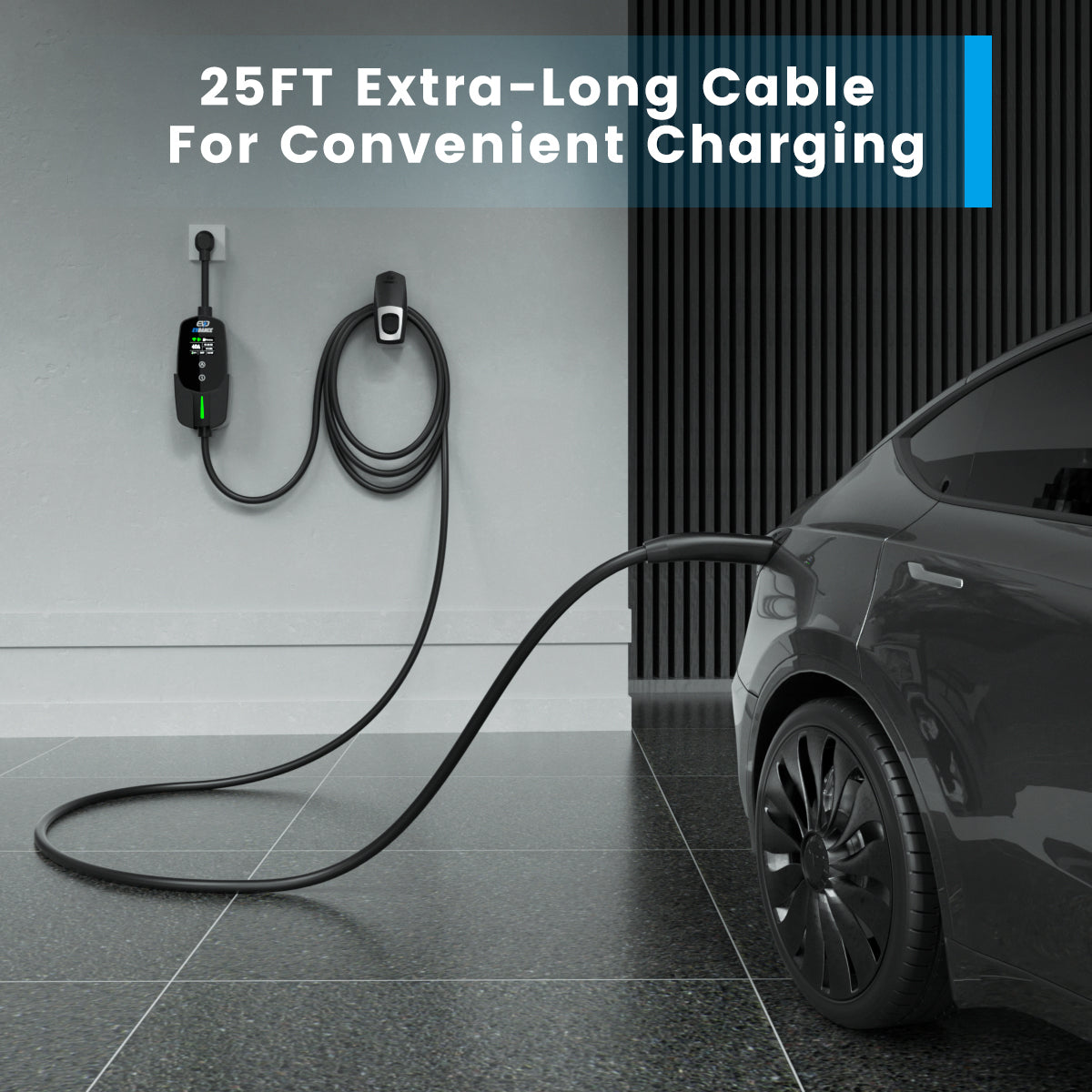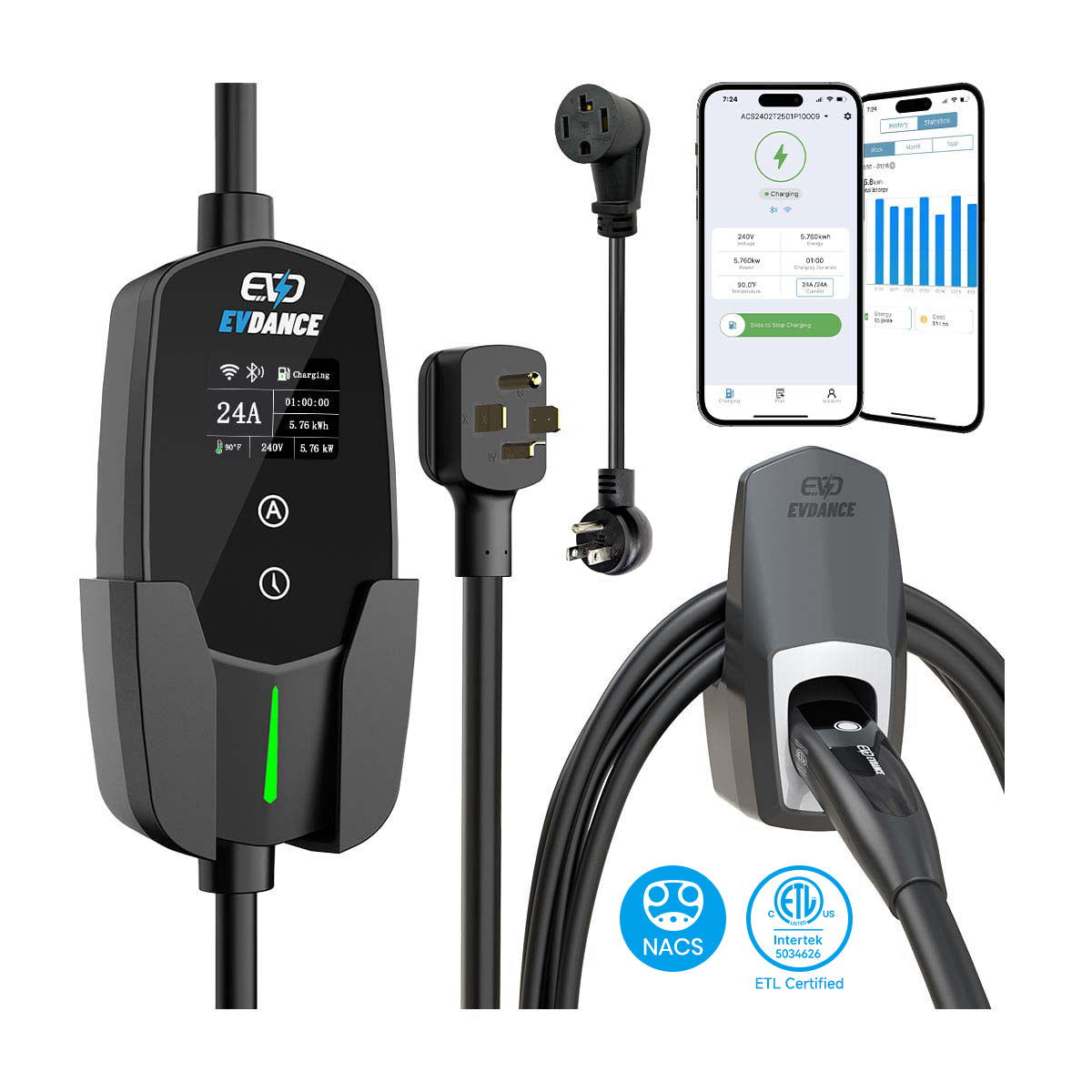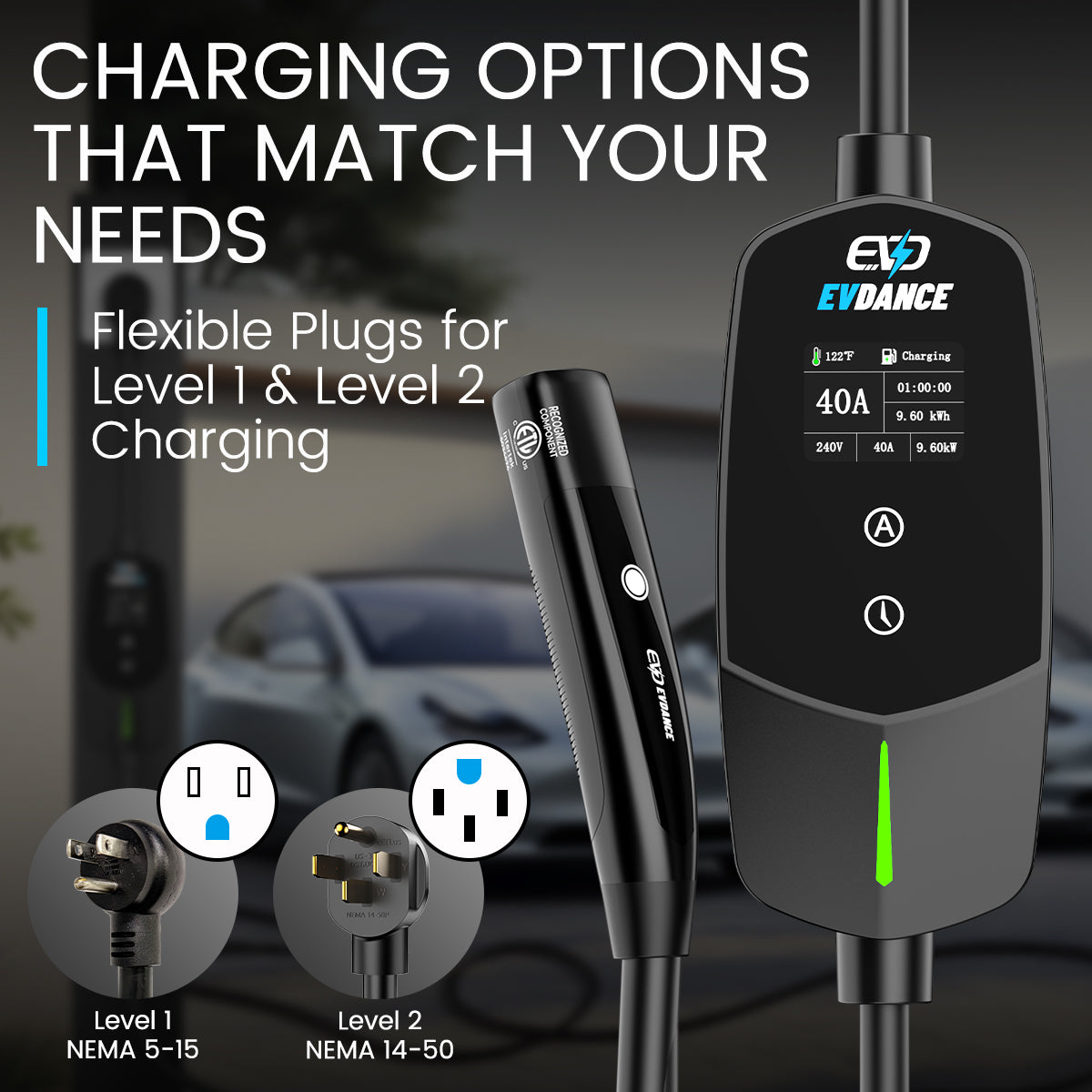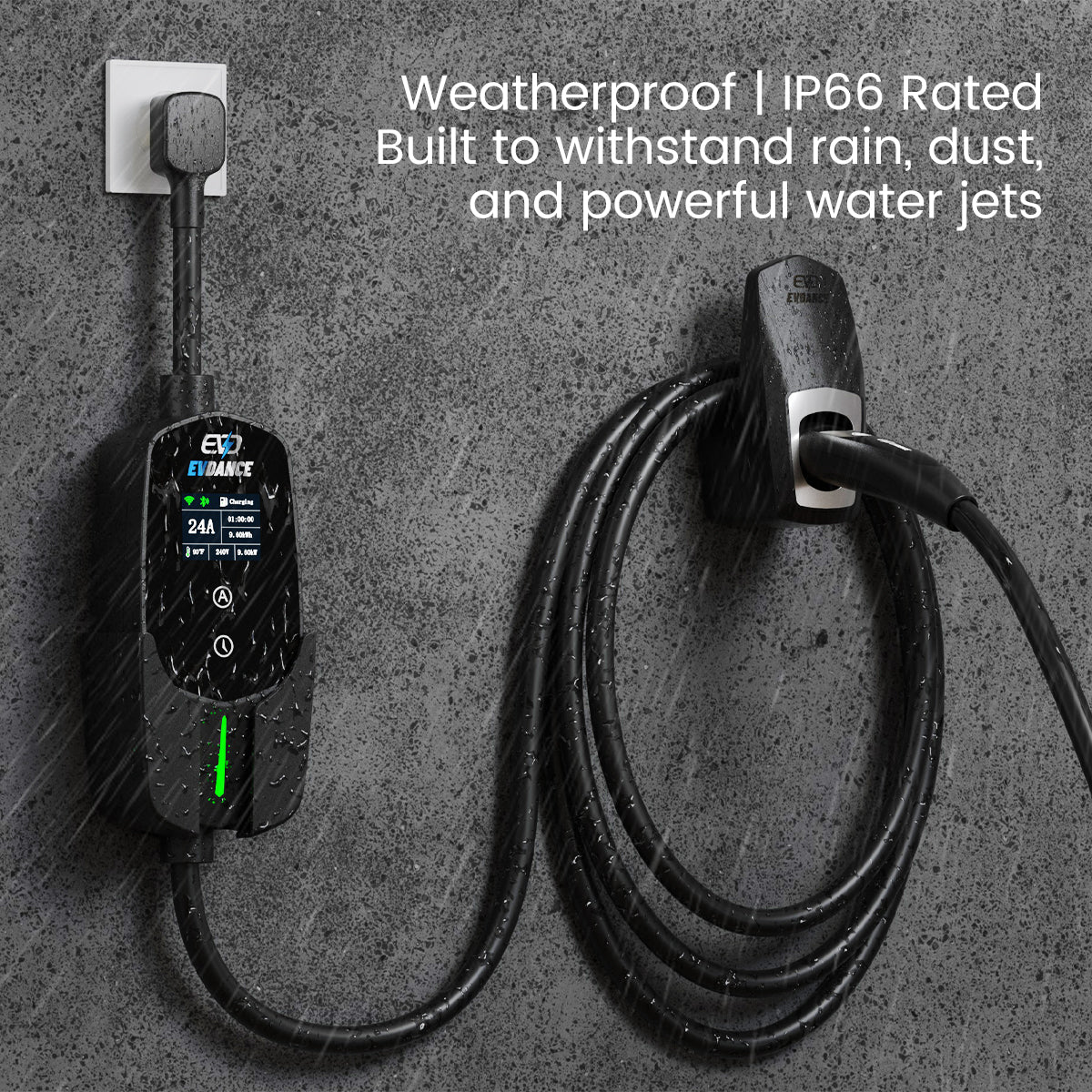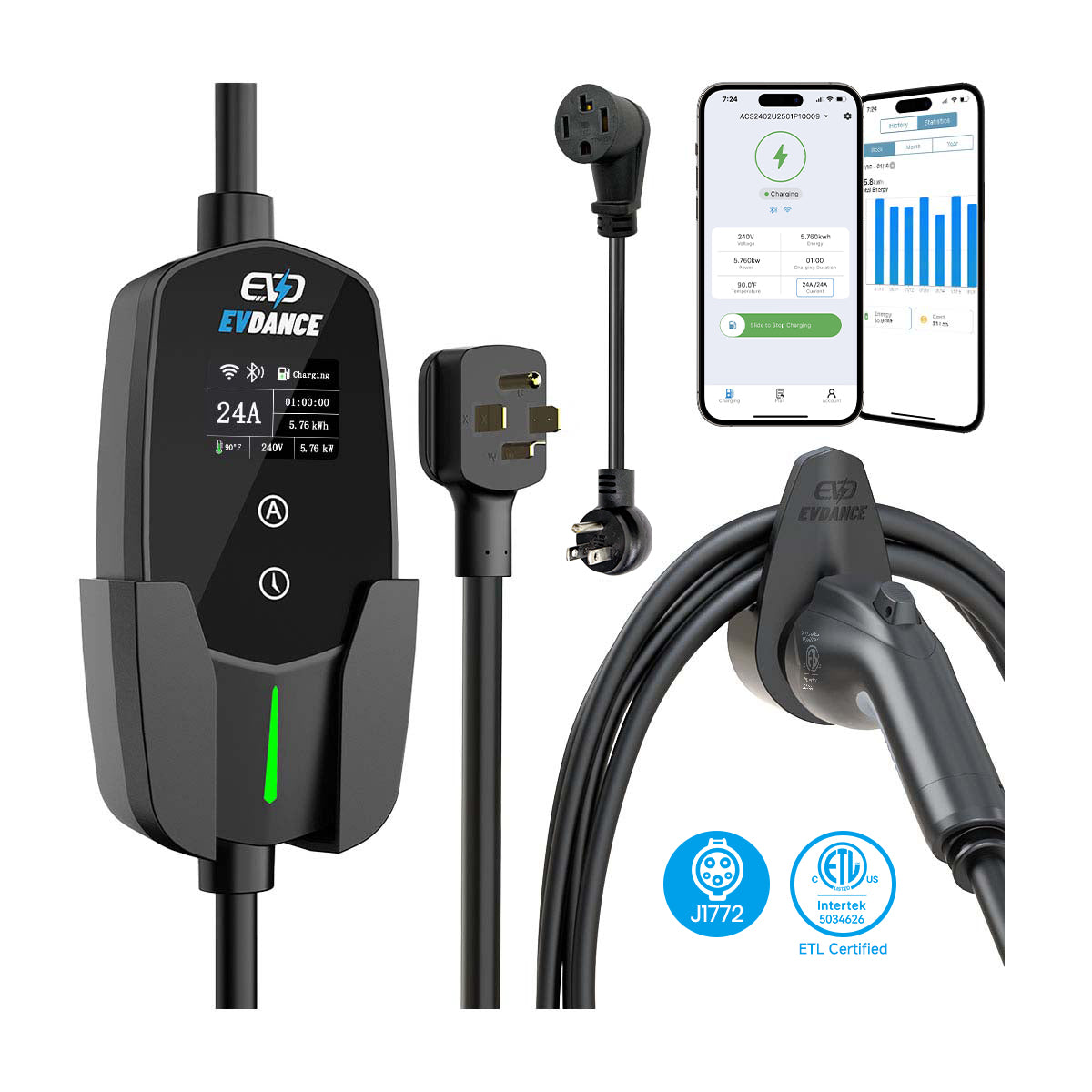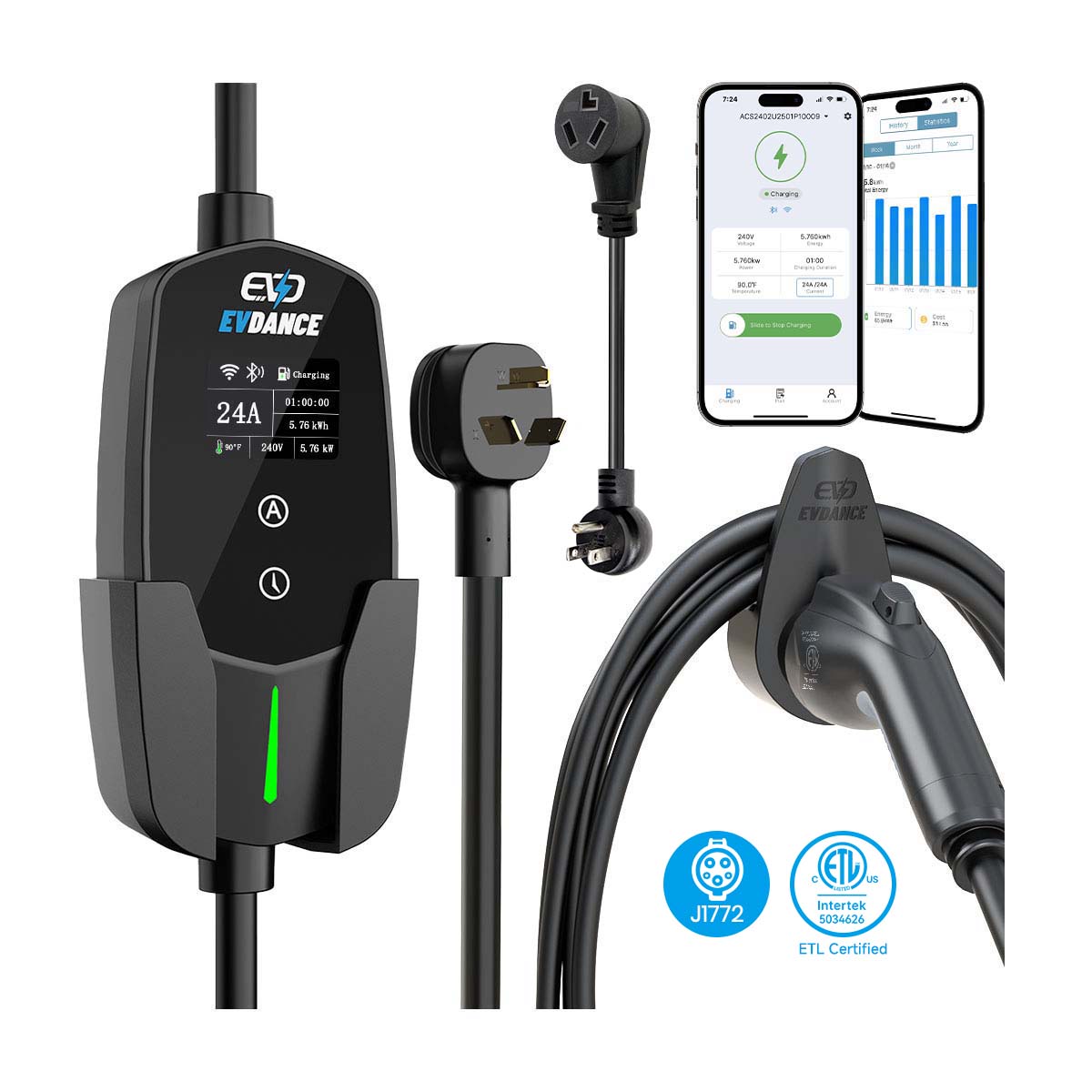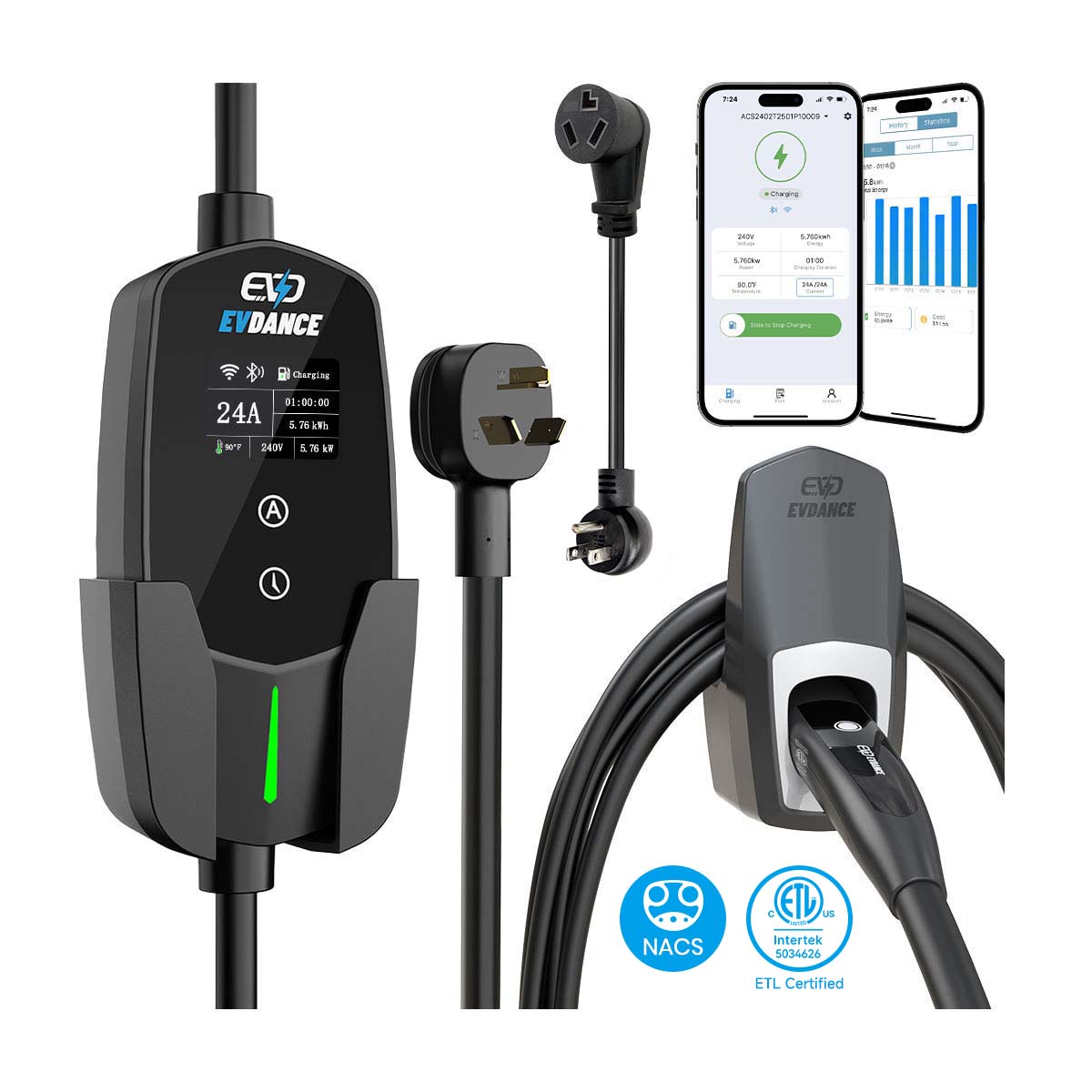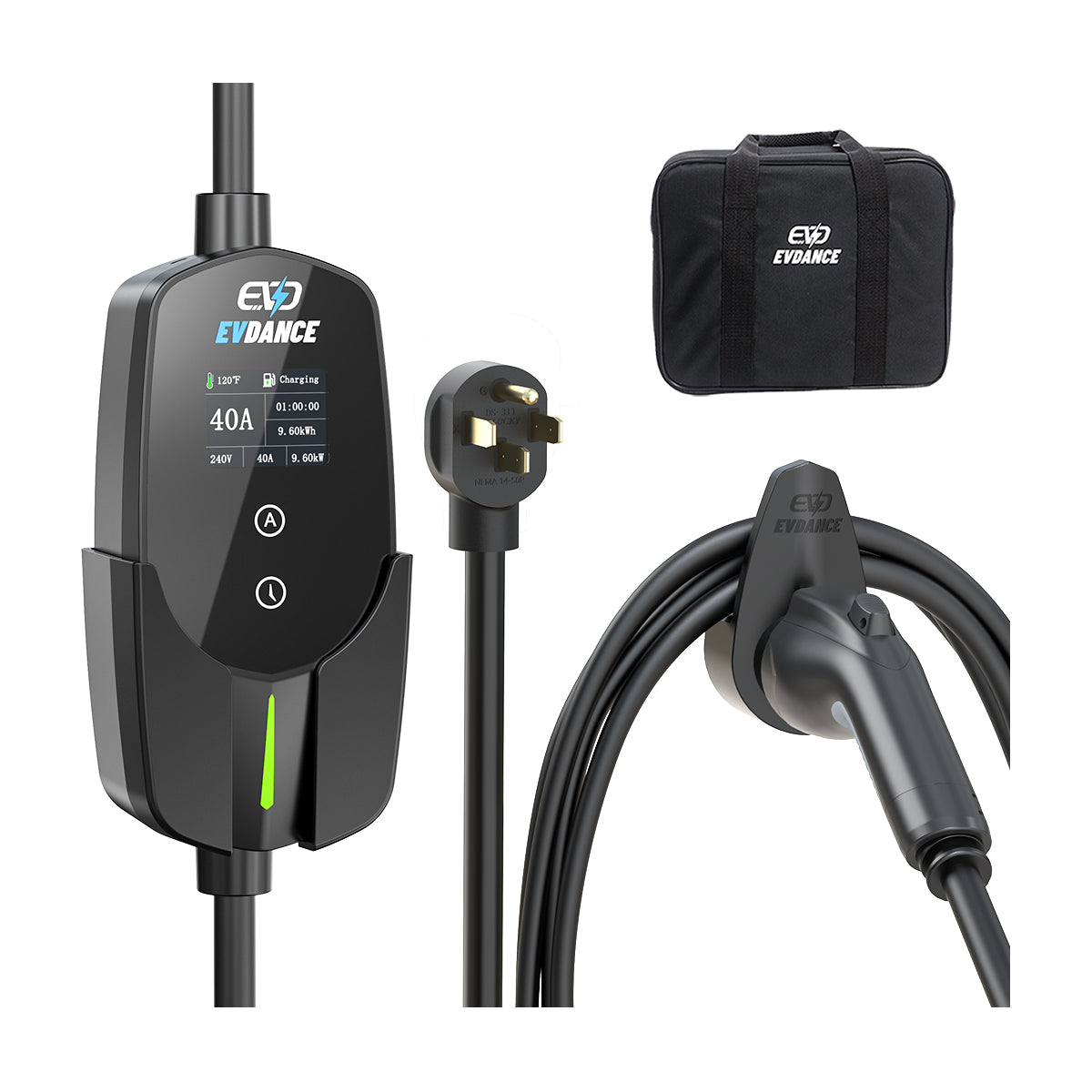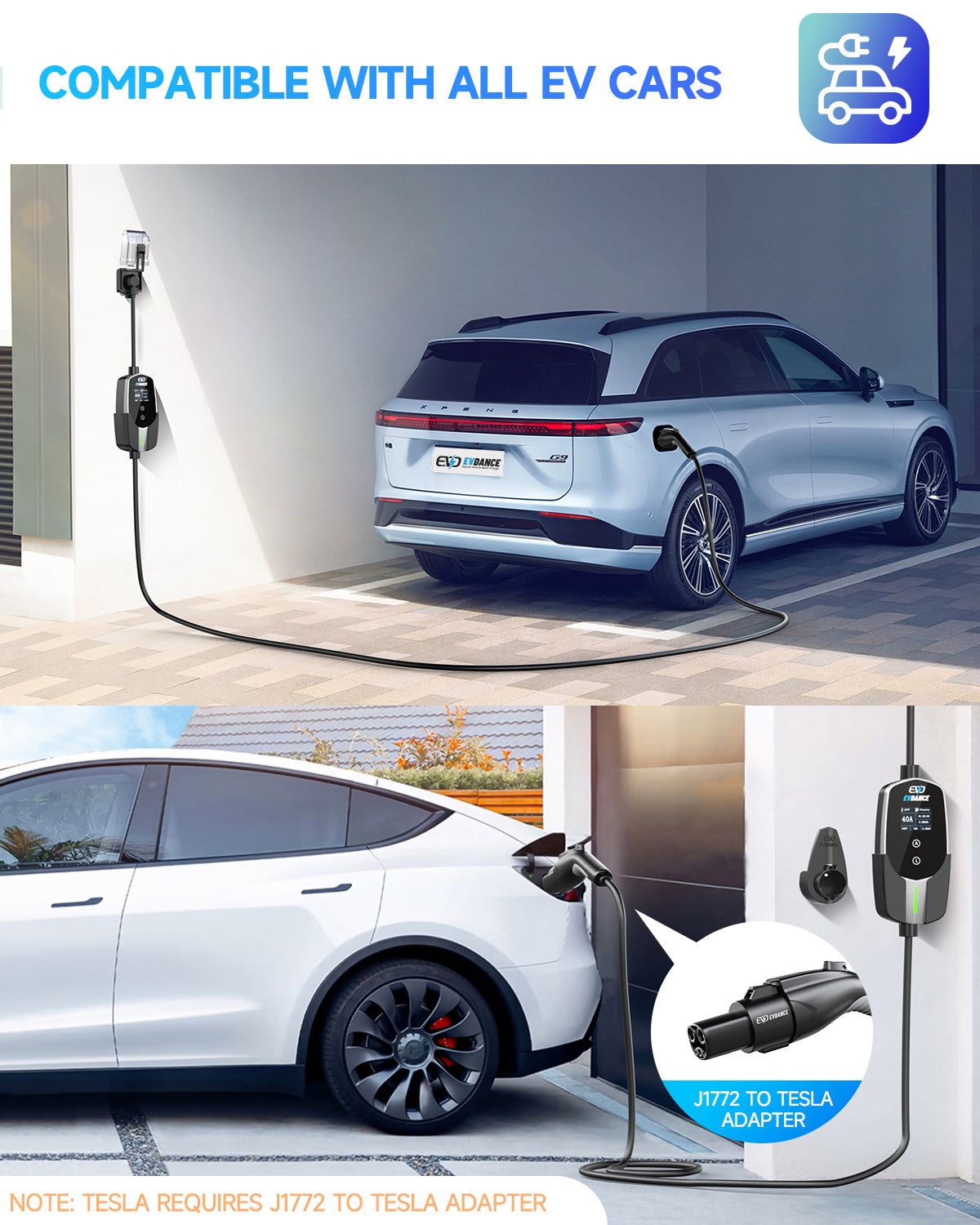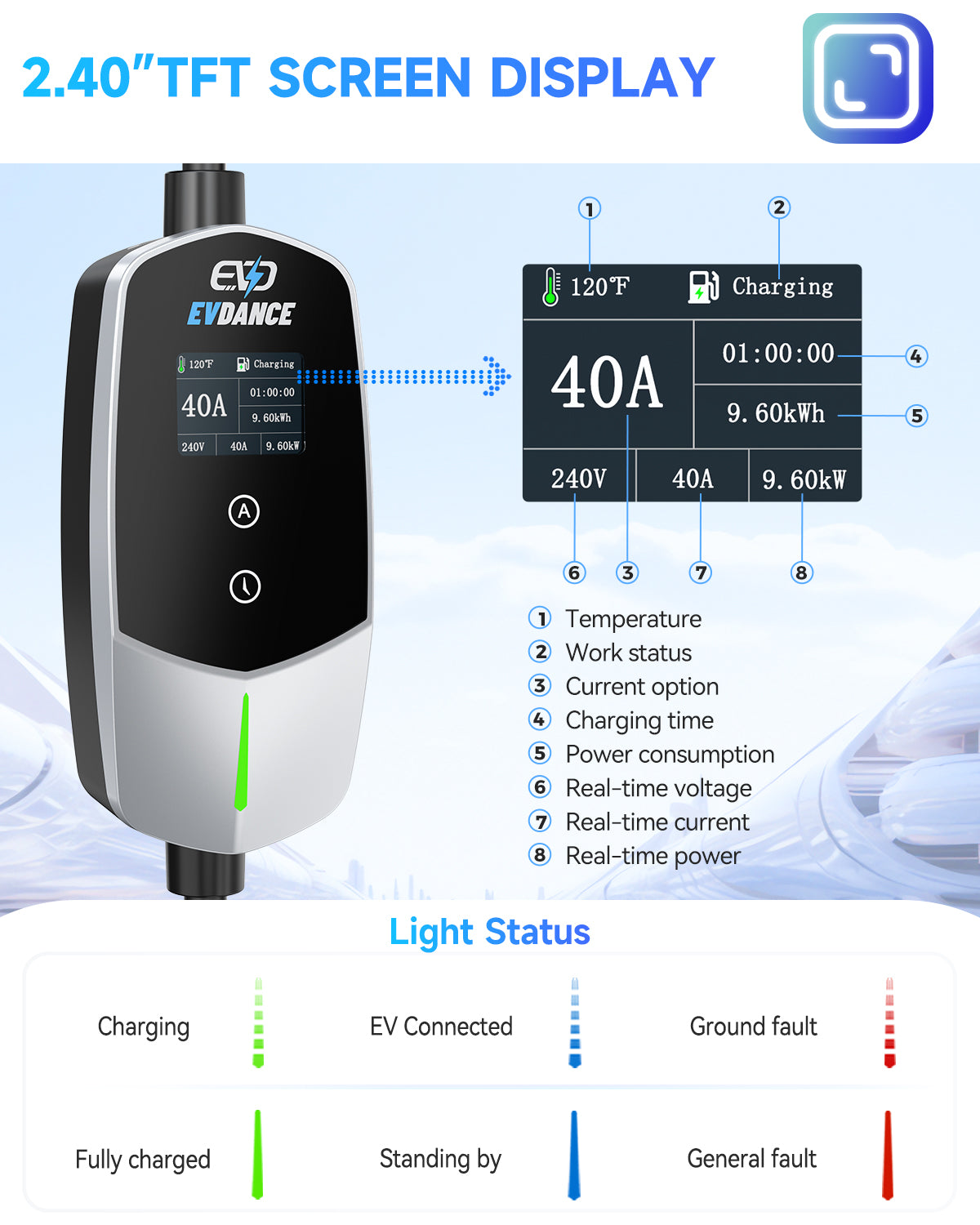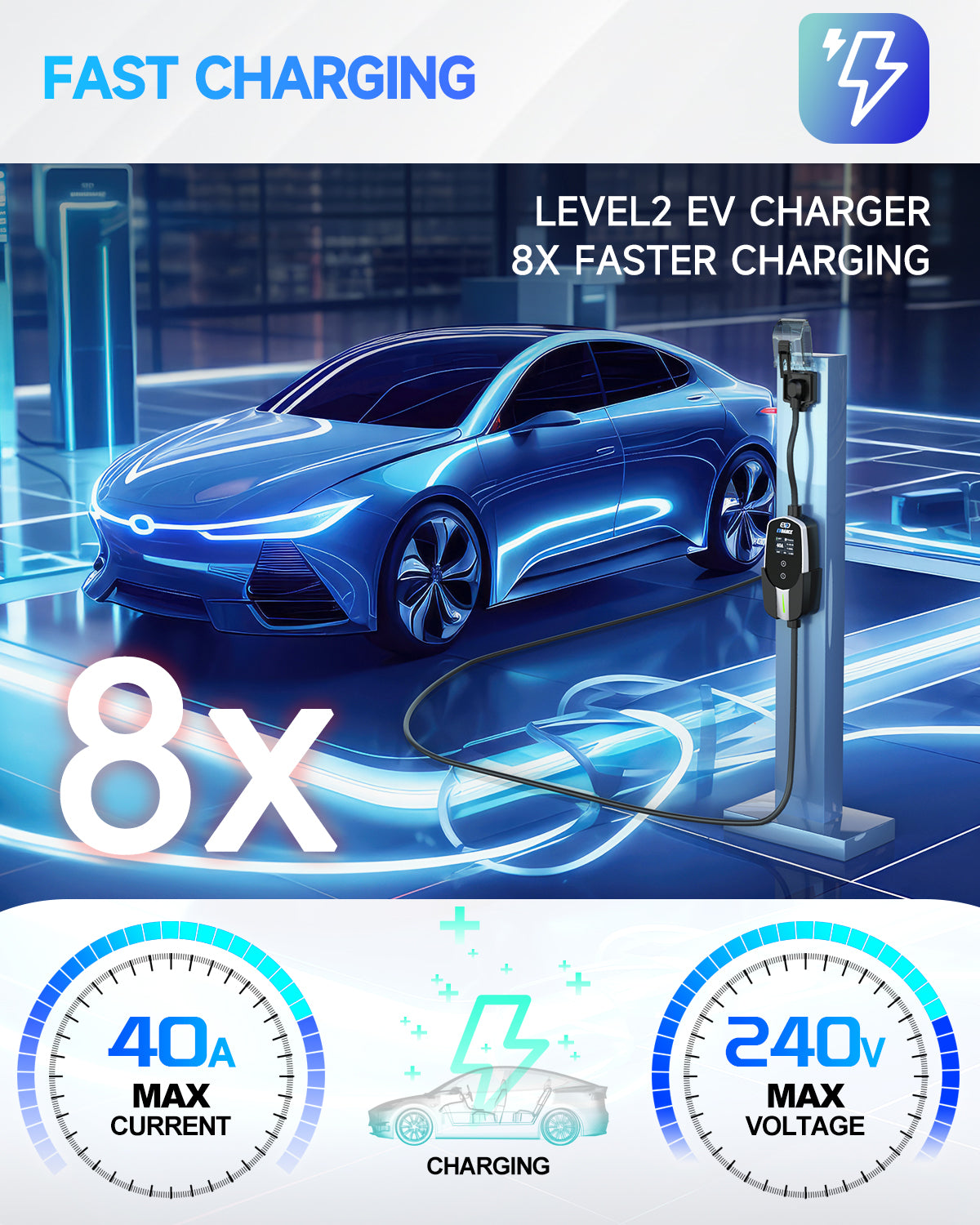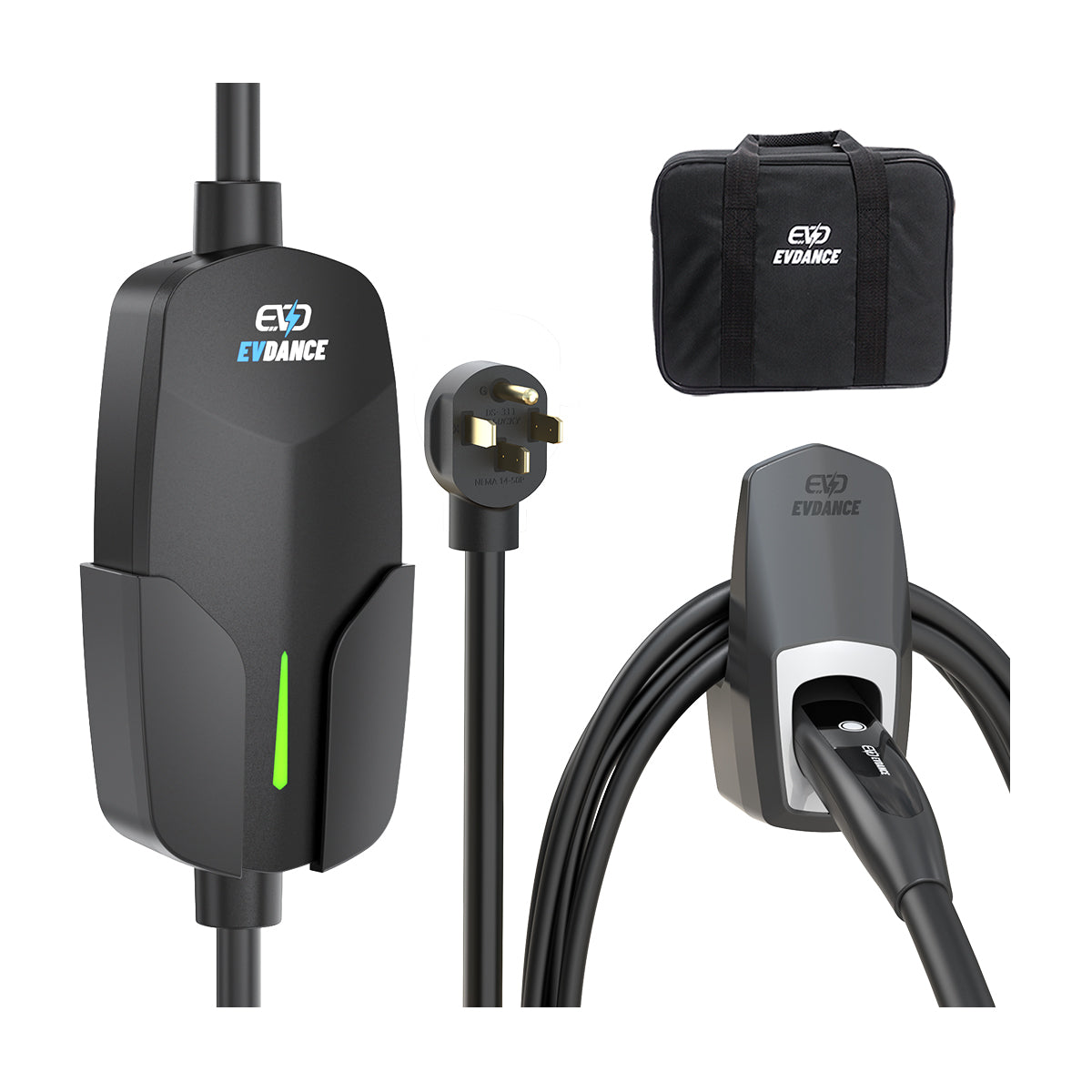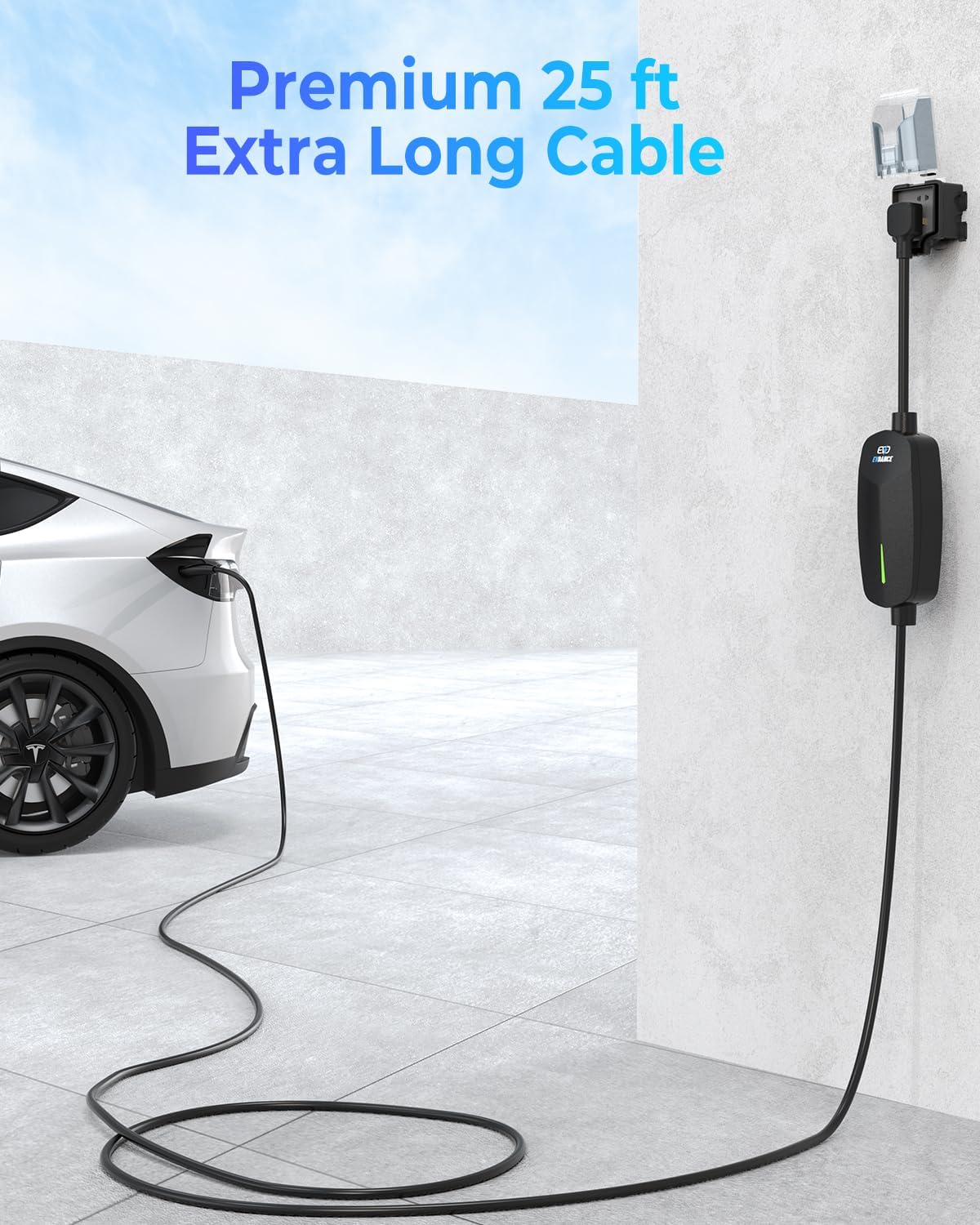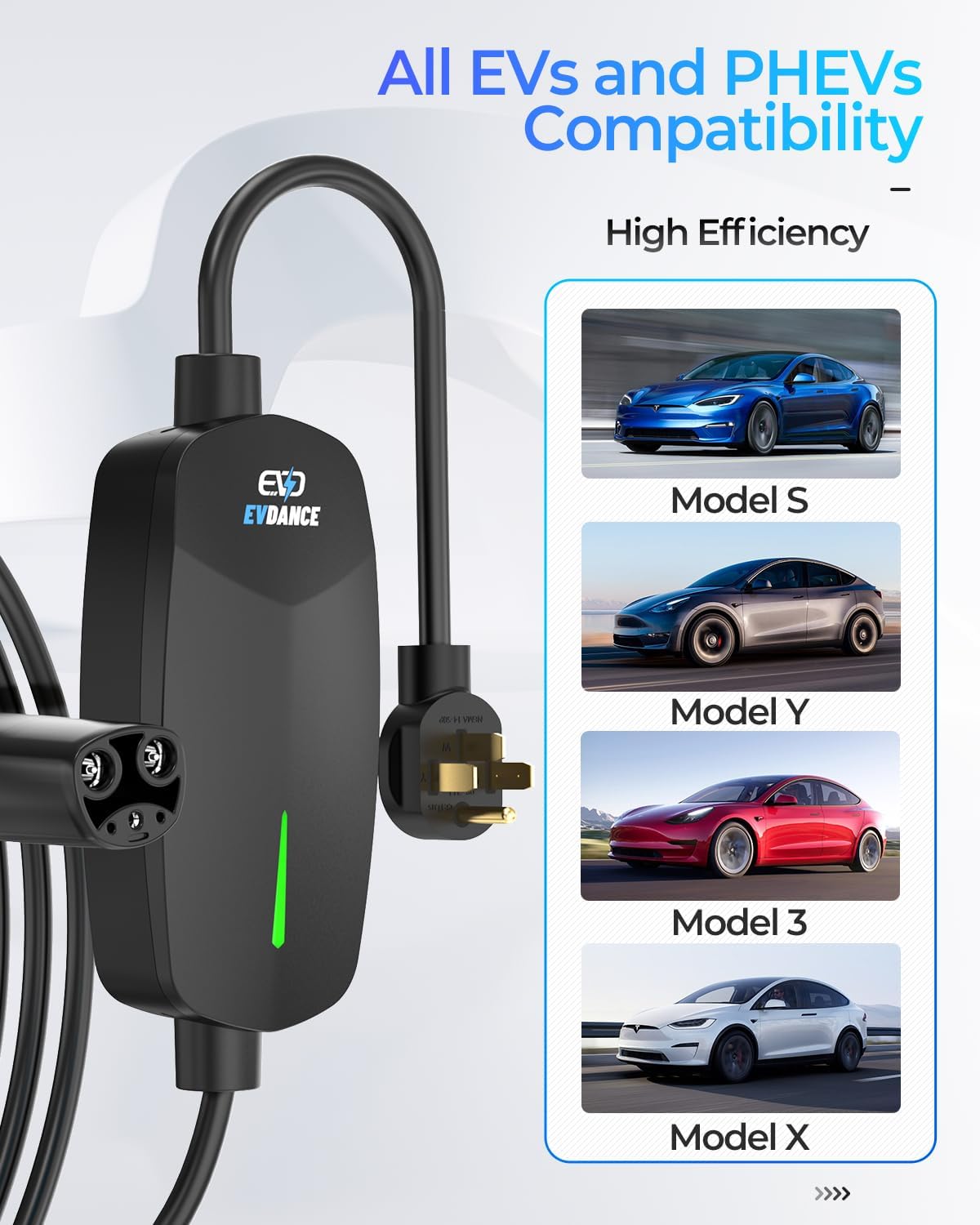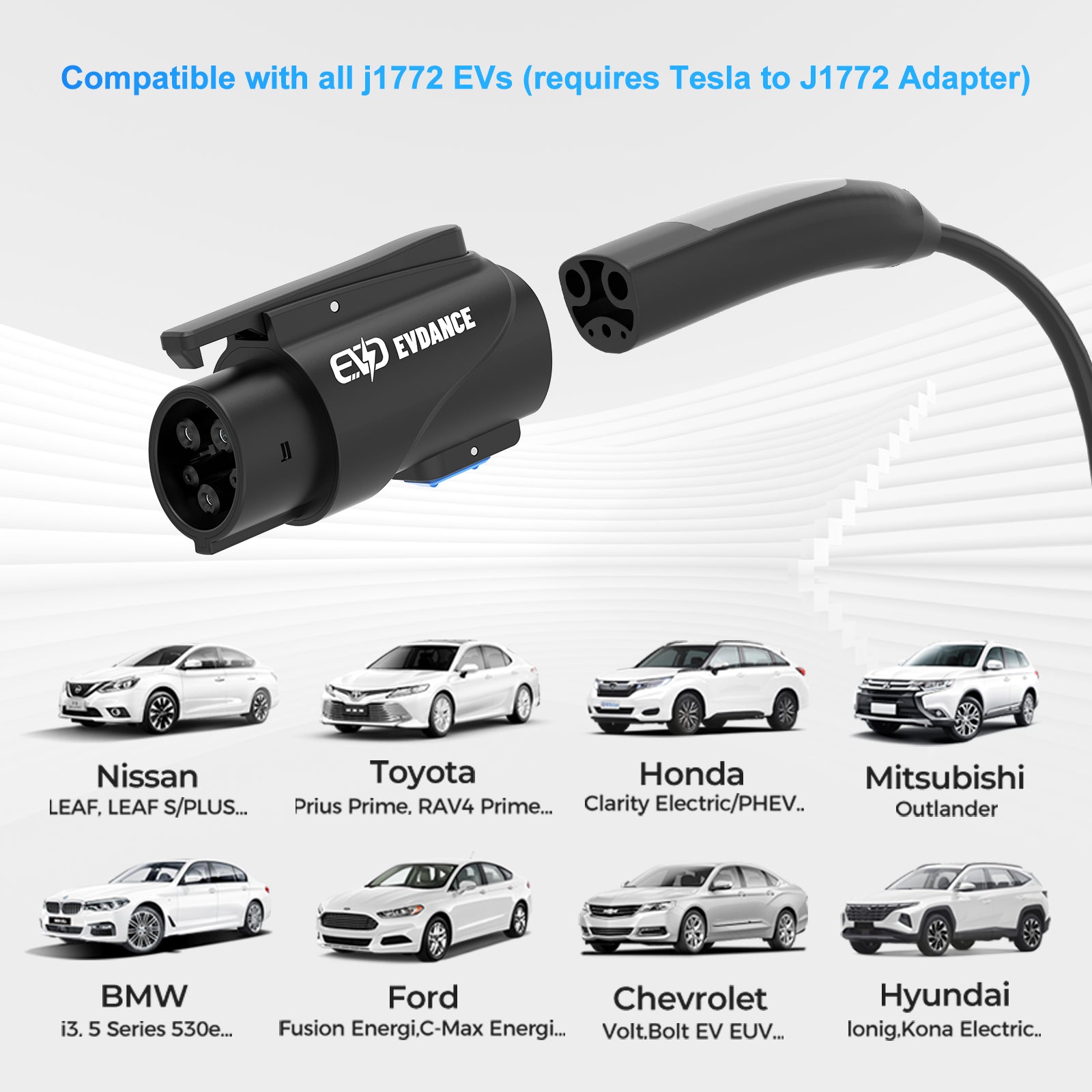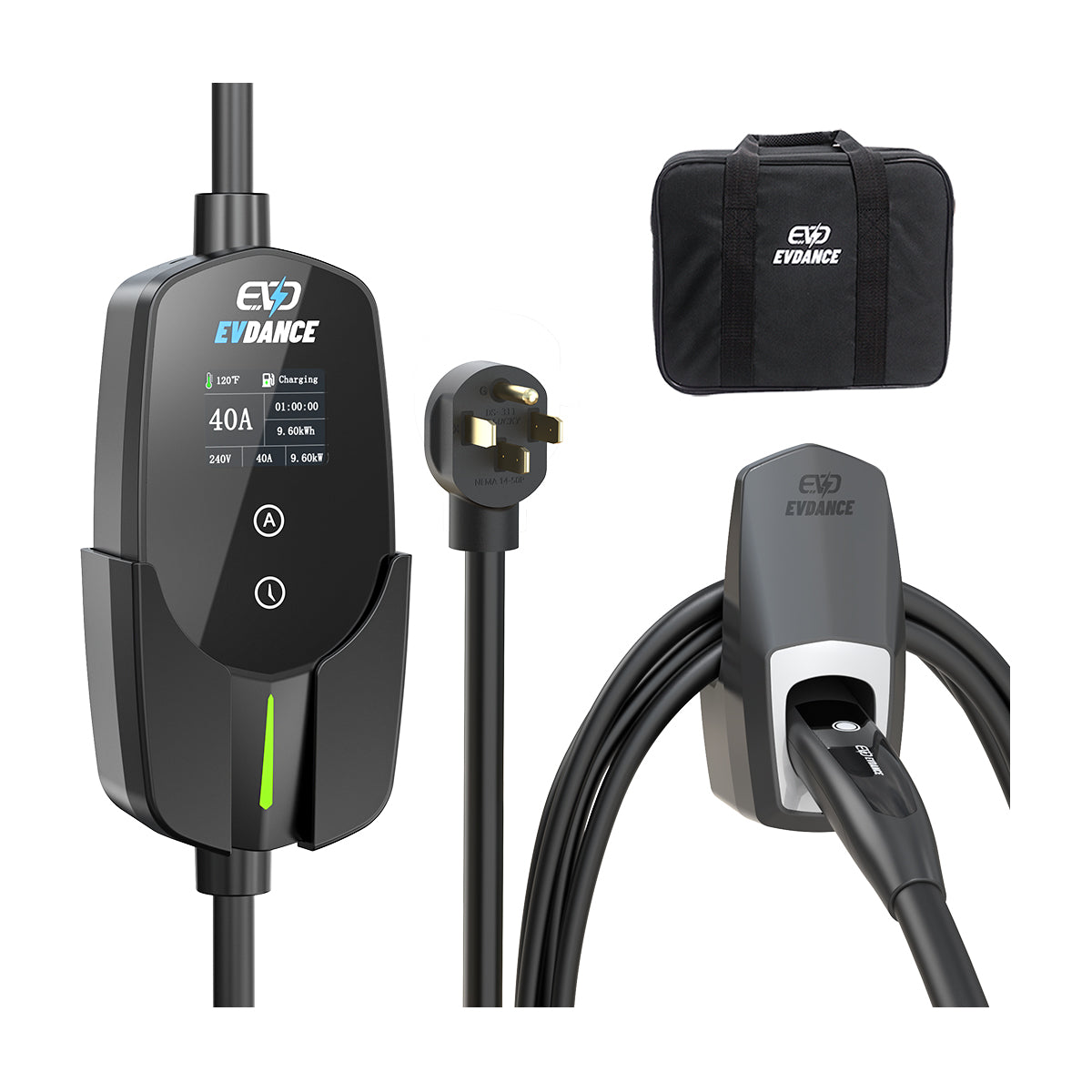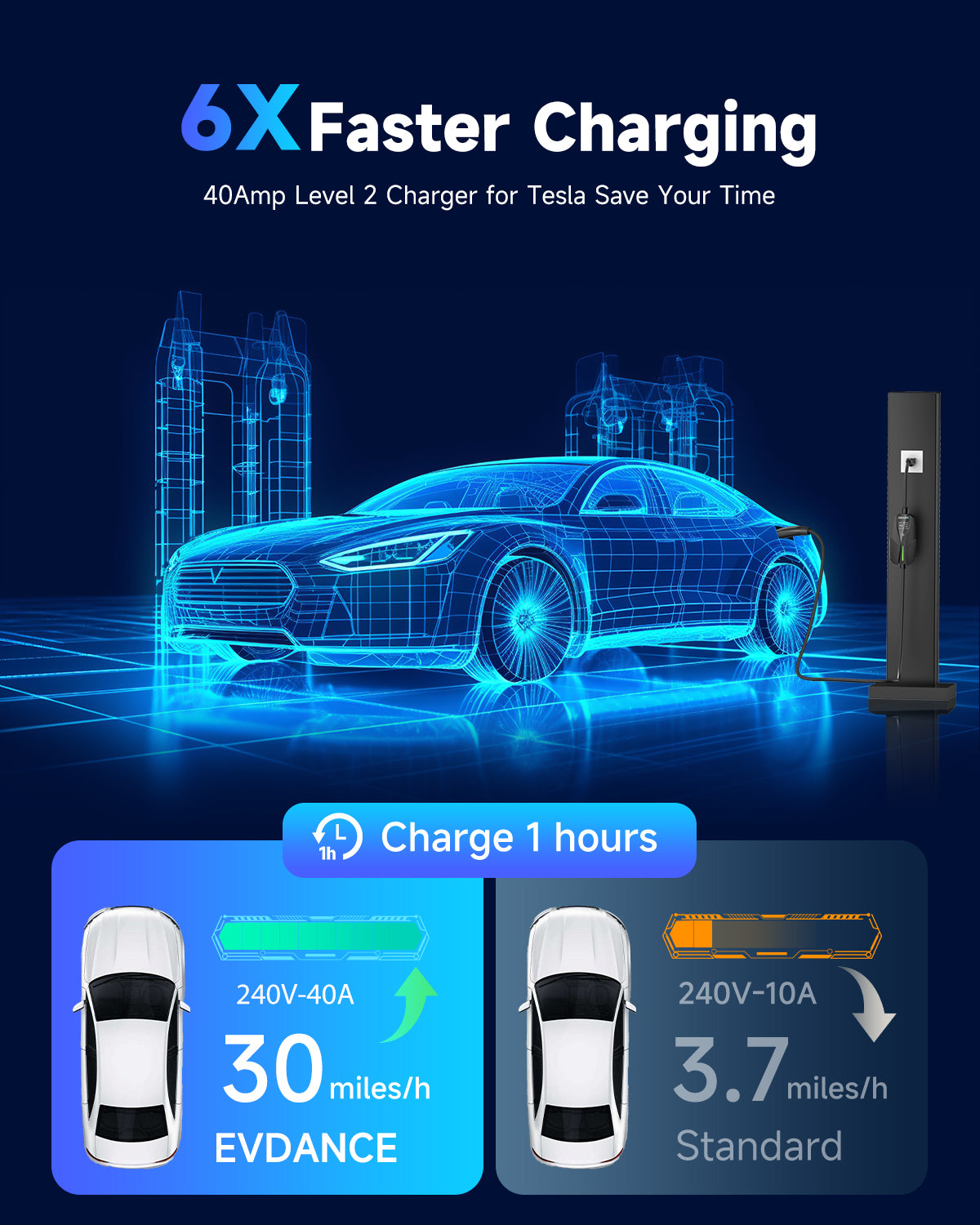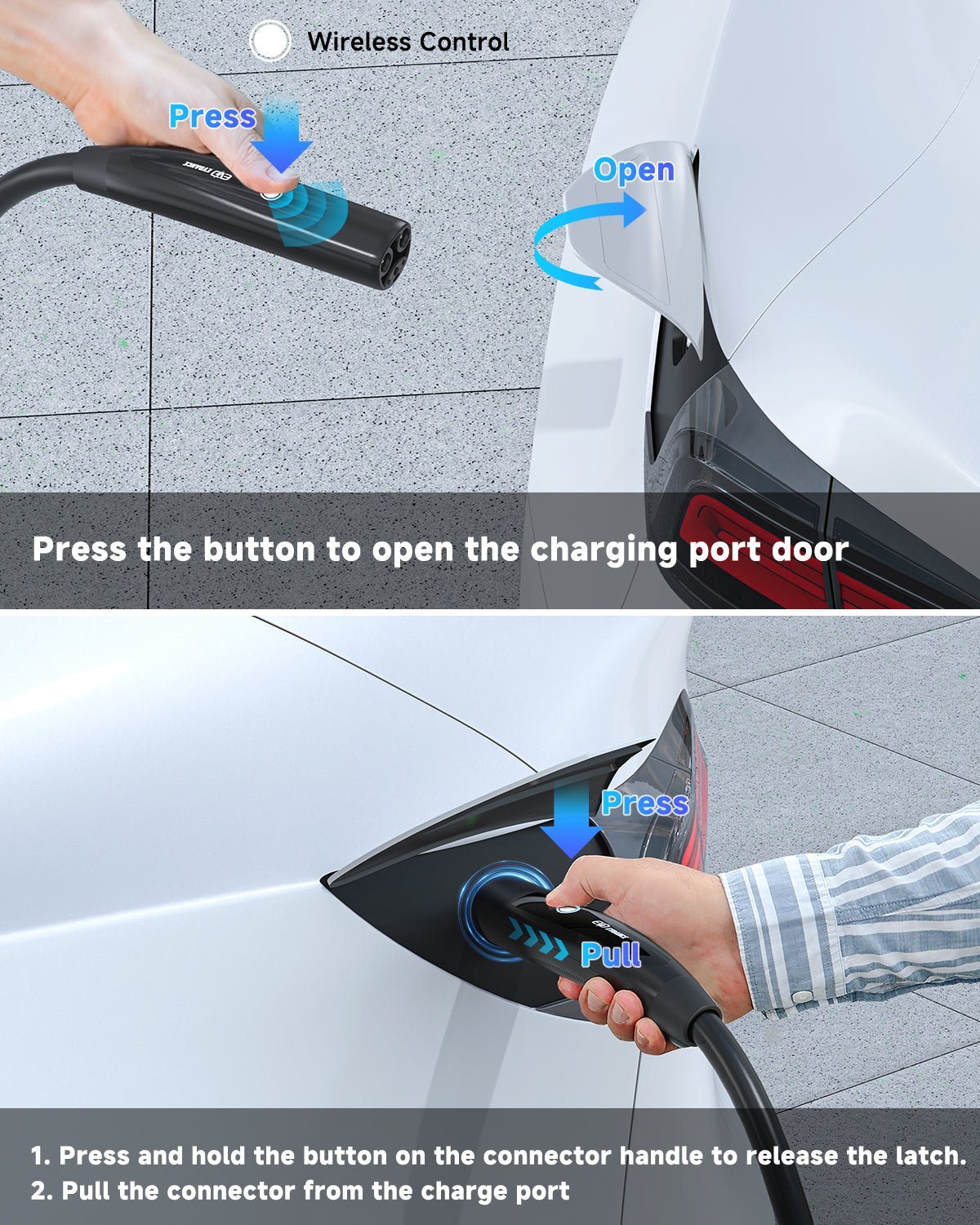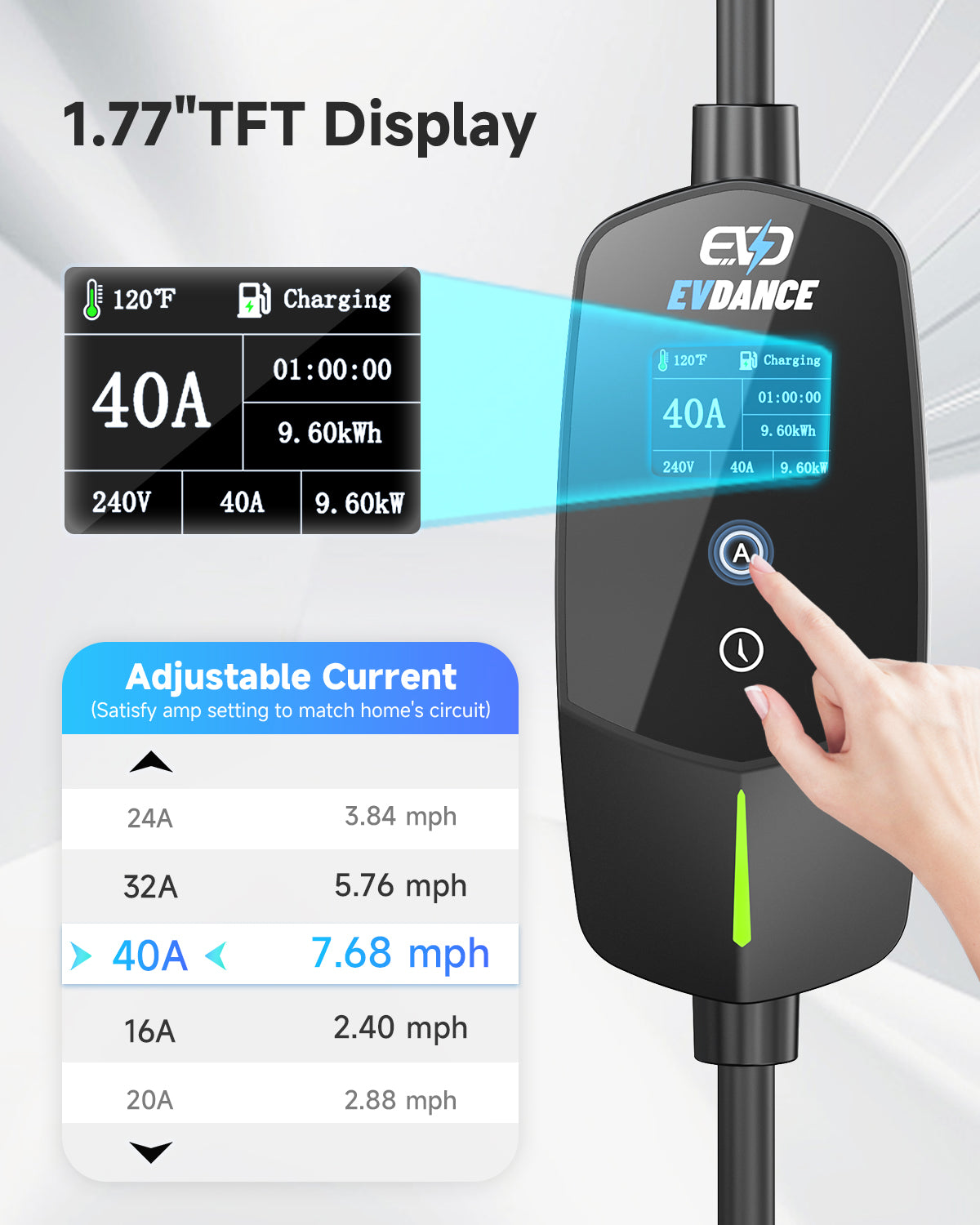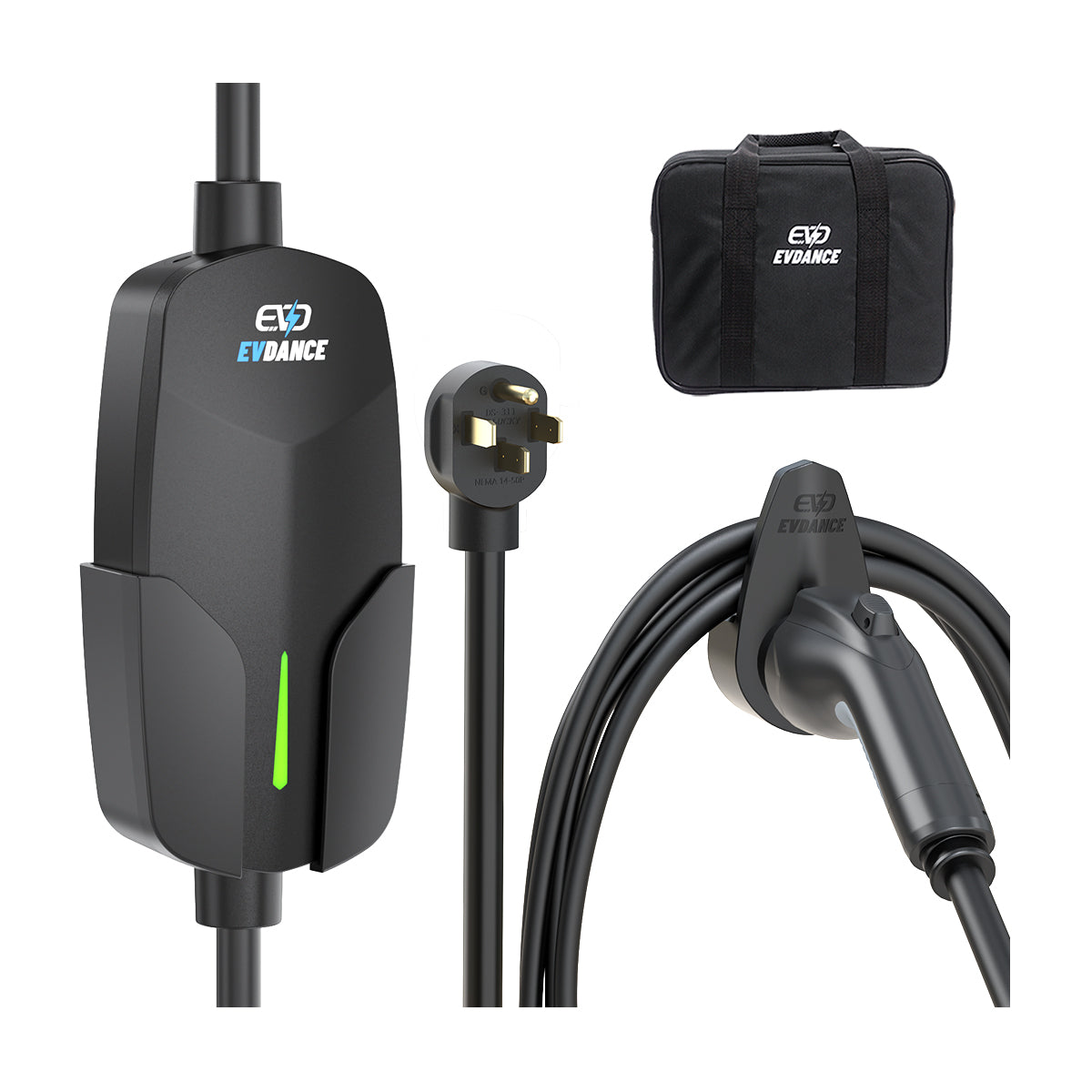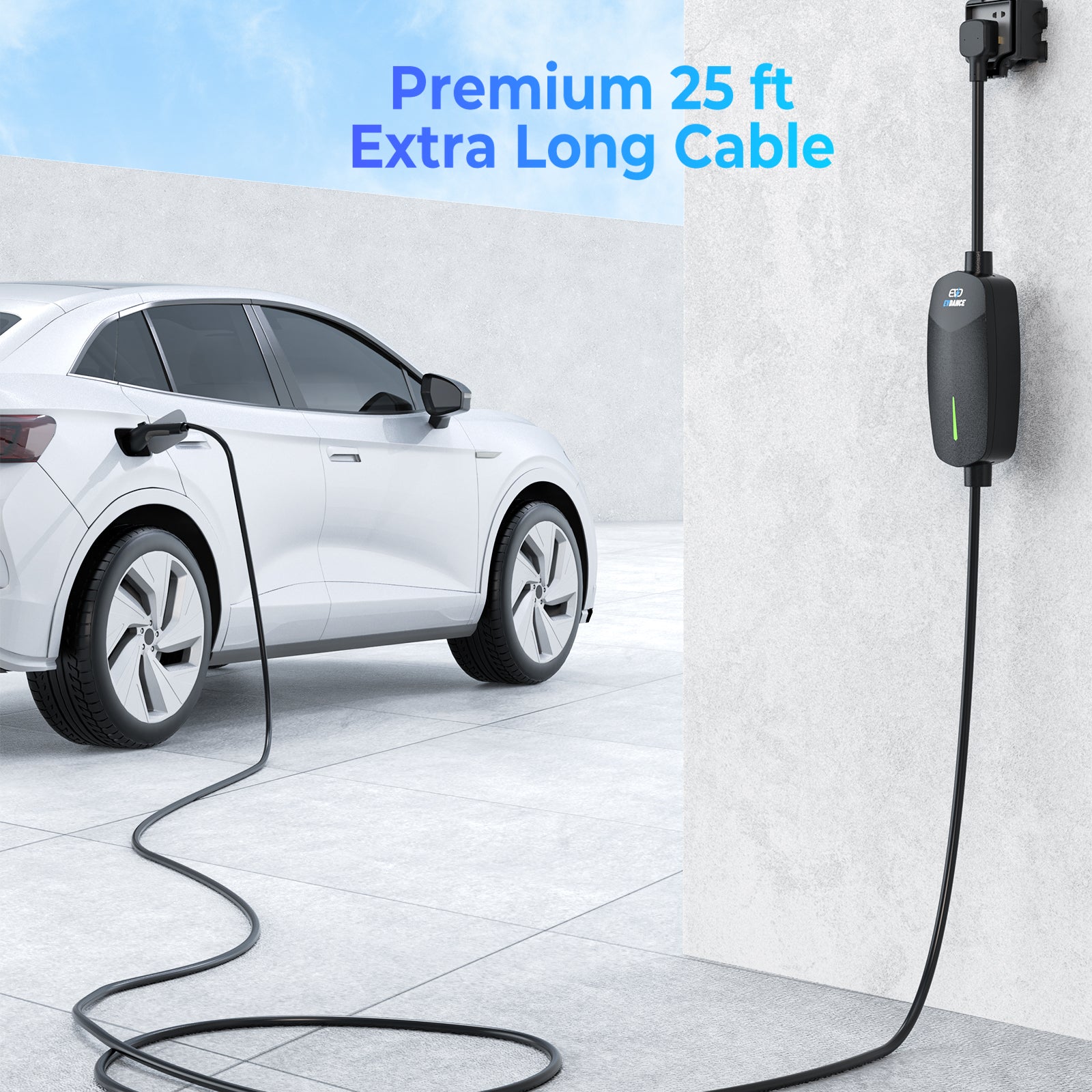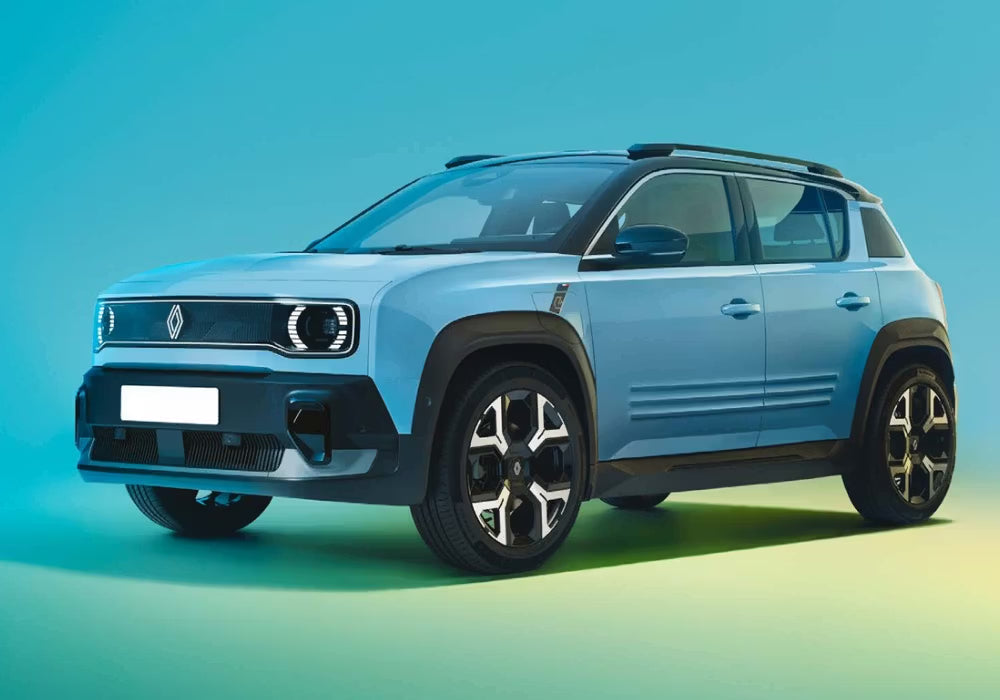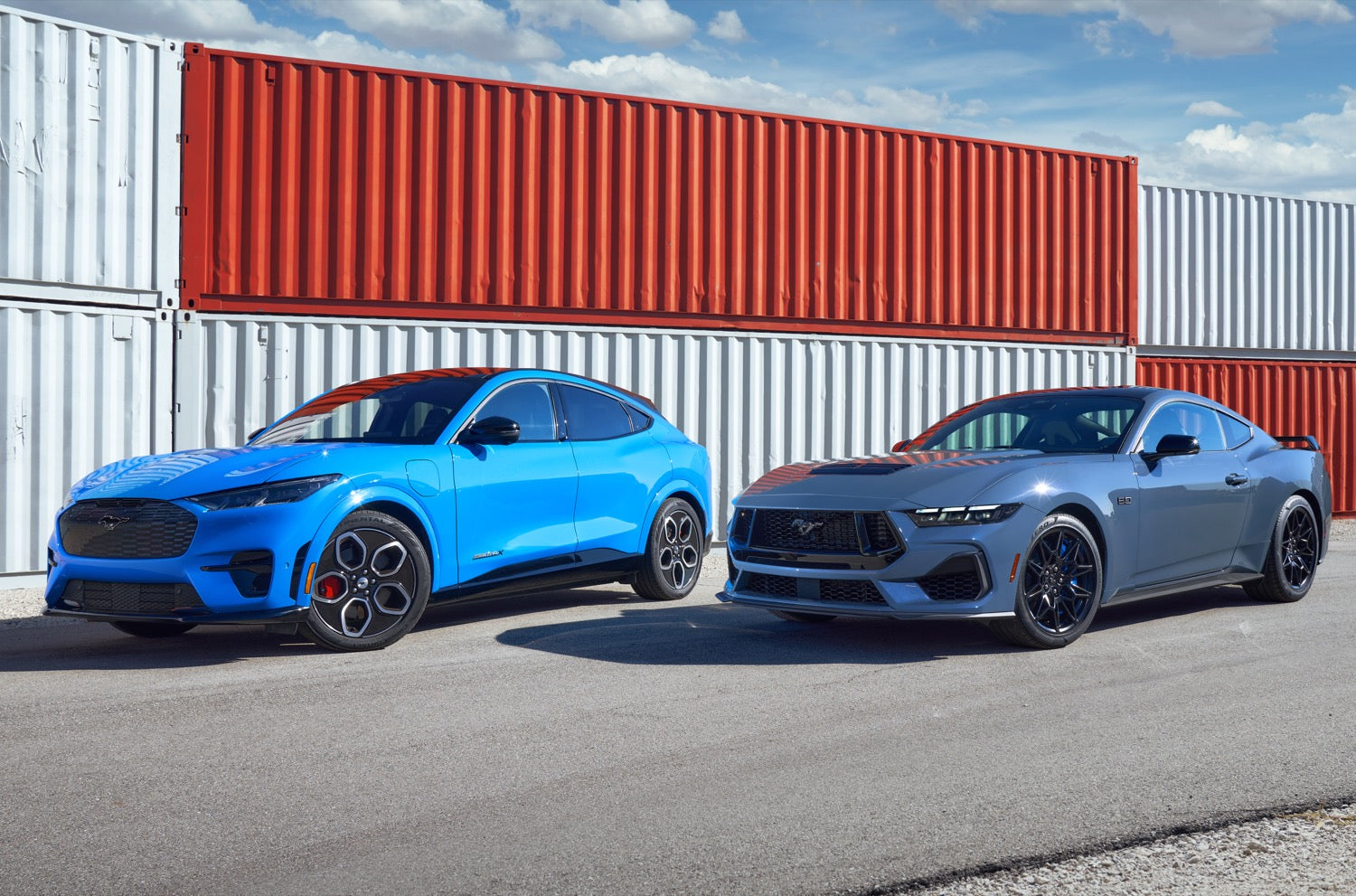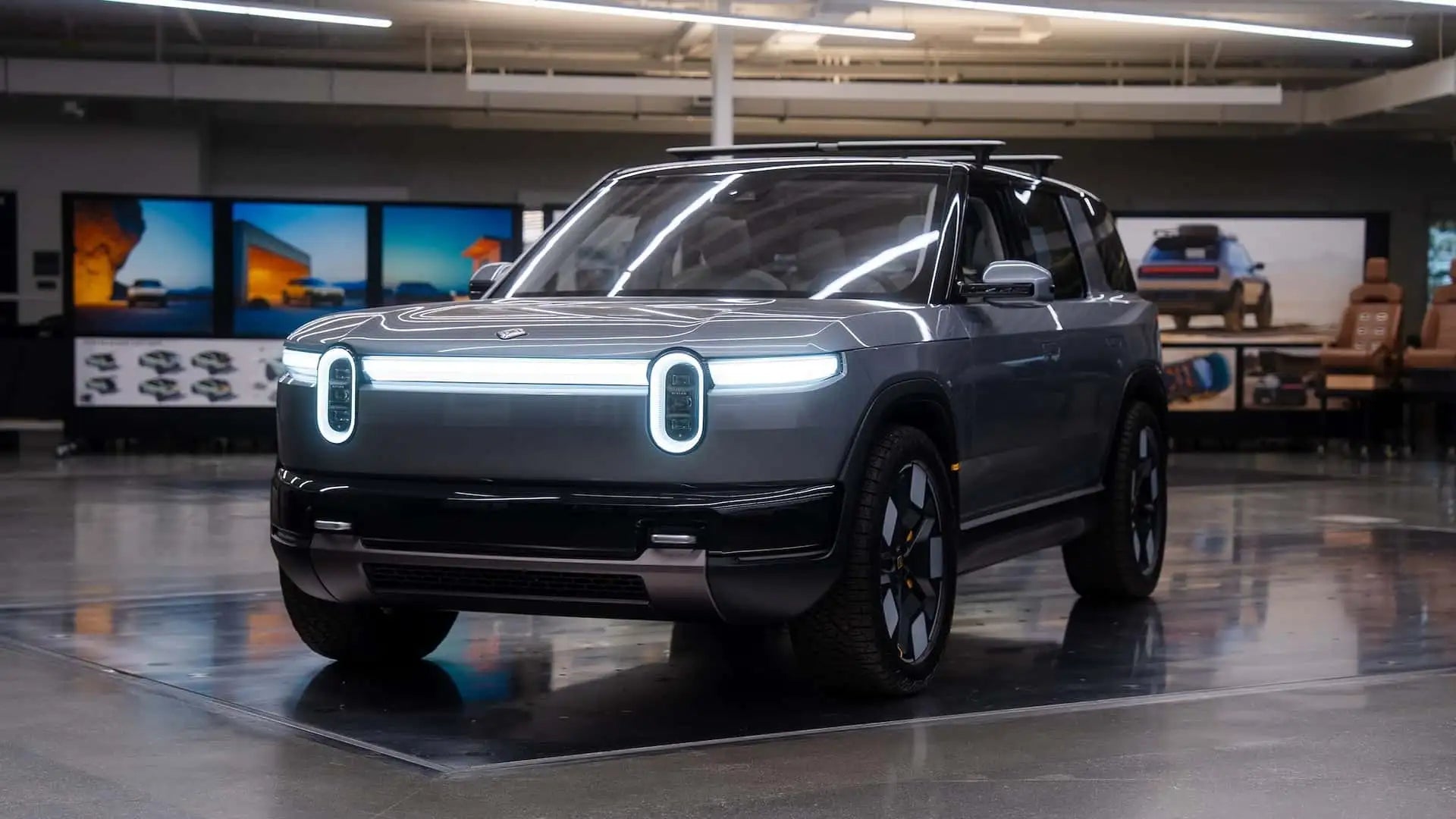FAQs
What is a J1772 charger?
A J1772 charger refers to EV chargers that use the SAE J1772 standard connector, which is the most widely adopted Level 1 and Level 2 charging interface for electric vehicles in North America. It supports 120V and 240V AC charging and is compatible with most non-Tesla EVs.
Can I charge my EV at home with a J1772 charger?
Yes, you can install a Level 2 J1772 charging station at home for faster EV charging. An electrician can set up the charging station, providing a more efficient charging option than a standard household outlet.
Are there different types of J1772 connectors or plugs?
While the J1772 standard specifies the overall design and communication protocols, variations in the plug design might exist. However, the fundamental compatibility remains the same across EVs and charging stations adhering to the J1772 standard.
Can I use an adapter for charging my EV with a J1772 connector from a different charging station?
Adapters may be available to connect your EV to different types of charging stations, but compatibility and charging speeds might vary. It's important to ensure the adapter is suitable for your EV model and the charging station in use.
Are J1772 chargers compatible with fast charging or DC fast charging standards?
As electric vehicles (EVs) continue to gain popularity, the development of charging infrastructure becomes crucial. This article will introduce five main types of EV chargers:Level 1 chargers,Level 2 chargers, portable chargers, home chargers, and DC fast charging stations. Let's delve into the features and functions of each type of charger.
Which electric vehicles are compatible with J1772 chargers?
Almost all non-Tesla EVs sold in North America, including models from Ford, Nissan, Chevrolet, BMW, Hyundai, and Kia, are compatible with J1772 chargers. Tesla vehicles can also use J1772 stations via a Tesla to J1772 adapter.
What is the charging speed of a J1772 charger?
J1772 Level 2 chargers can deliver up to 80 amps, depending on the unit and circuit capacity, offering 10 to 44 miles of range per hour. Level 1 J1772 chargers, using 120V, charge more slowly—typically around 3–5 miles per hour.
Can Tesla vehicles use a J1772 charger?
Yes, Tesla vehicles can charge from J1772 chargers using a J1772-to-Tesla adapter, which is typically included with Tesla vehicles or available for purchase. This enables Tesla owners to access a wide range of public and home J1772 charging stations.
How do I know if a J1772 charger is UL or ETL certified?
Check the product label or specifications. Certified J1772 chargers will display UL (Underwriters Laboratories) or ETL (Intertek) marks, ensuring compliance with safety standards in the U.S. and Canada.
What safety features are included in a J1772 charger?
J1772 chargers typically include overcurrent protection, ground fault detection, overheat shutoff, and automatic restart. These safety standards are built into the J1772 protocol and required by most UL-certified chargers.
What length of cable is standard for a J1772 charger?
Most J1772 EV chargers offer cables between 16 to 25 feet, allowing flexibility in garage or driveway setups. Ensure the cable length is sufficient for your parking layout before purchasing.
J1772 Charger: A Standardized and Dependable EV Charging Interface
As electric vehicles (EVs) continue to reshape modern transportation, the demand for safe, accessible, and standardized home charging infrastructure has become increasingly important. One of the key components fulfilling this role is the J1772 charger—a widely adopted plug type developed by the Society of Automotive Engineers (SAE) for Level 1 and Level 2 AC charging. This connector has become the North American standard for non-Tesla EVs, providing drivers with reliable access to charging across homes, workplaces, and public stations. Whether you park in a residential garage, a multi-unit complex, or a commercial facility, the J1772 ensures dependable compatibility across nearly all EV models.
Unlike proprietary charging systems, the J1772 interface is built for universal access and long-term reliability. It features a secure five-pin configuration designed to handle substantial power loads while maintaining safe operation. With rugged construction, weather resistance, and integration into thousands of EVSE units nationwide, the J1772 charger offers a flexible, future-ready solution for EV owners seeking consistent performance without compromise.
J1772 Enables Flexible Charging in Varied Settings
For many EV owners—particularly those living in apartments, townhomes, or shared residential areas—installing a charging station near the ideal parking space isn’t always feasible. The J1772 charger’s wide compatibility allows these users to access a range of available charging stations without needing brand-specific equipment. Whether parked on the street, in a public garage, or in a shared lot, EV drivers can rely on J1772-equipped stations for dependable power delivery.
Cost-Effective Integration into Existing Power Setups
One of the key advantages of the J1772 standard is its adaptability to both Level 1 (120V) and Level 2 (240V) charging infrastructure. This flexibility reduces the need for costly custom installations, especially in older buildings or rental properties. By supporting both low- and mid-range charging speeds, the J1772 connector can be integrated into existing power setups with minimal electrical upgrades, making it a budget-conscious solution for homeowners and businesses alike.
Portability and Interoperability Across Locations
Unlike proprietary connectors, the J1772 plug is designed for maximum interoperability. It’s accepted at thousands of public charging stations across North America, which means EV drivers can use their vehicles with confidence while traveling, commuting, or relocating. The connector’s standardization also supports portable charging units that plug into standard 120V or 240V outlets, making it easy to stay powered up wherever reliable AC electricity is available.




